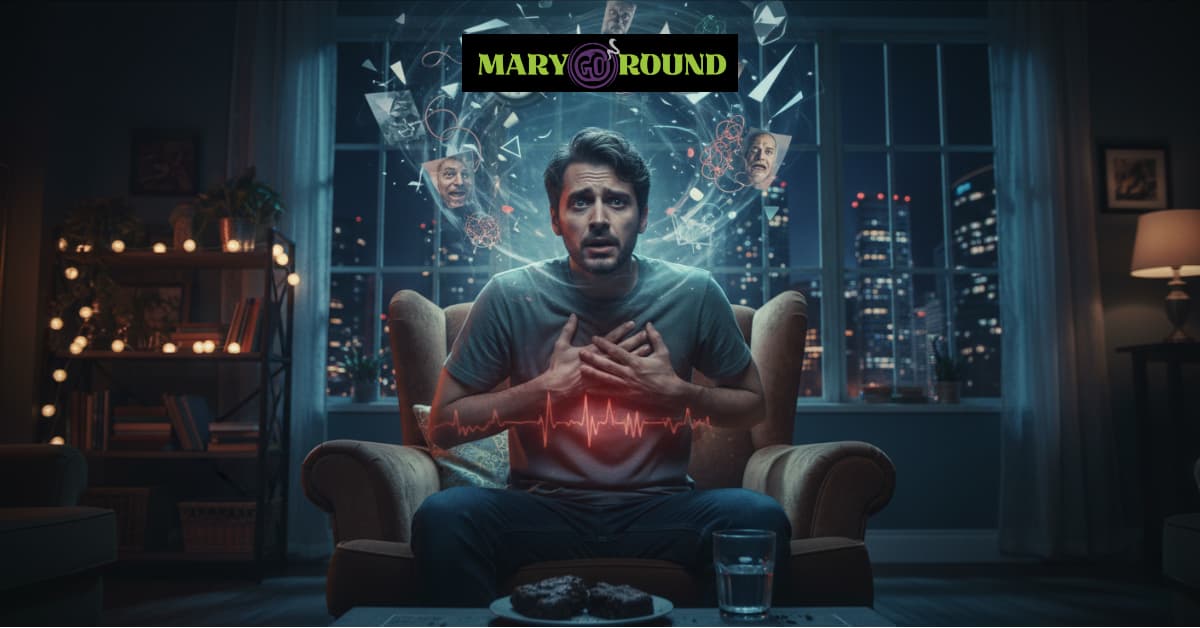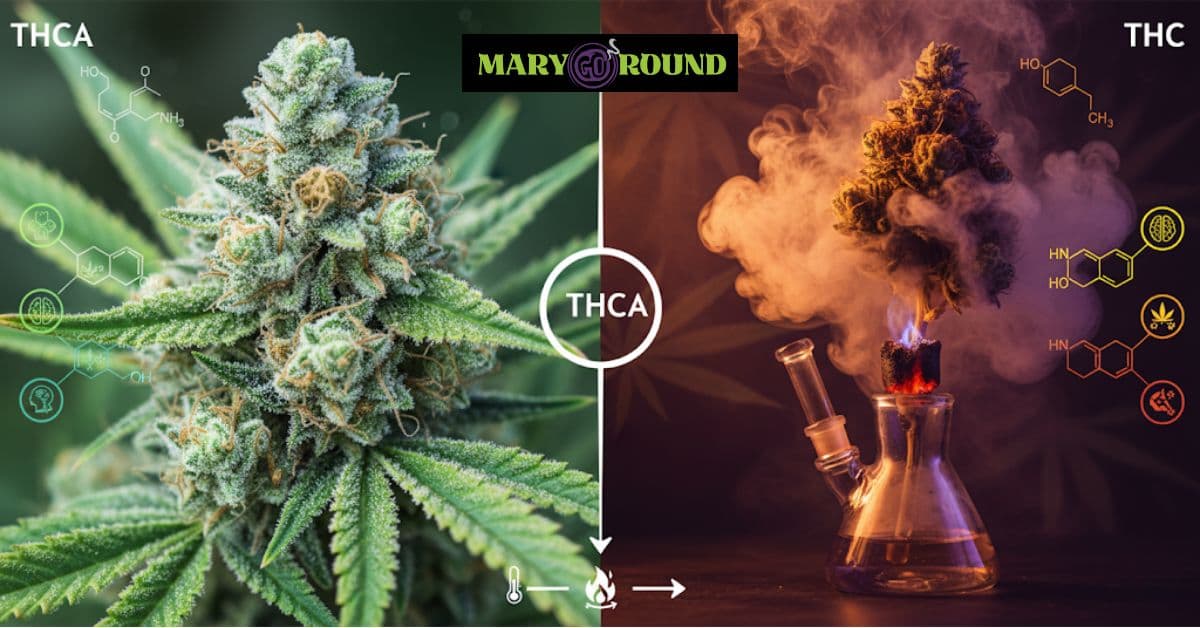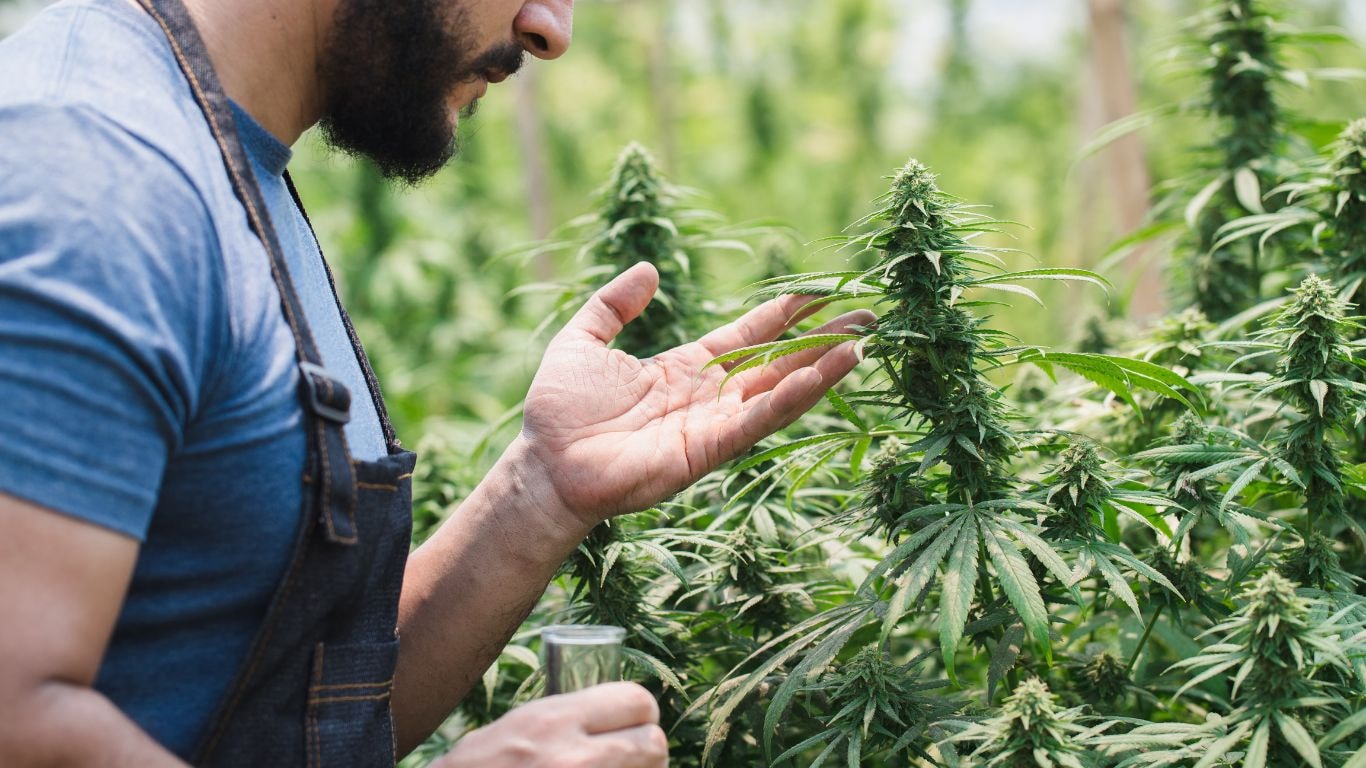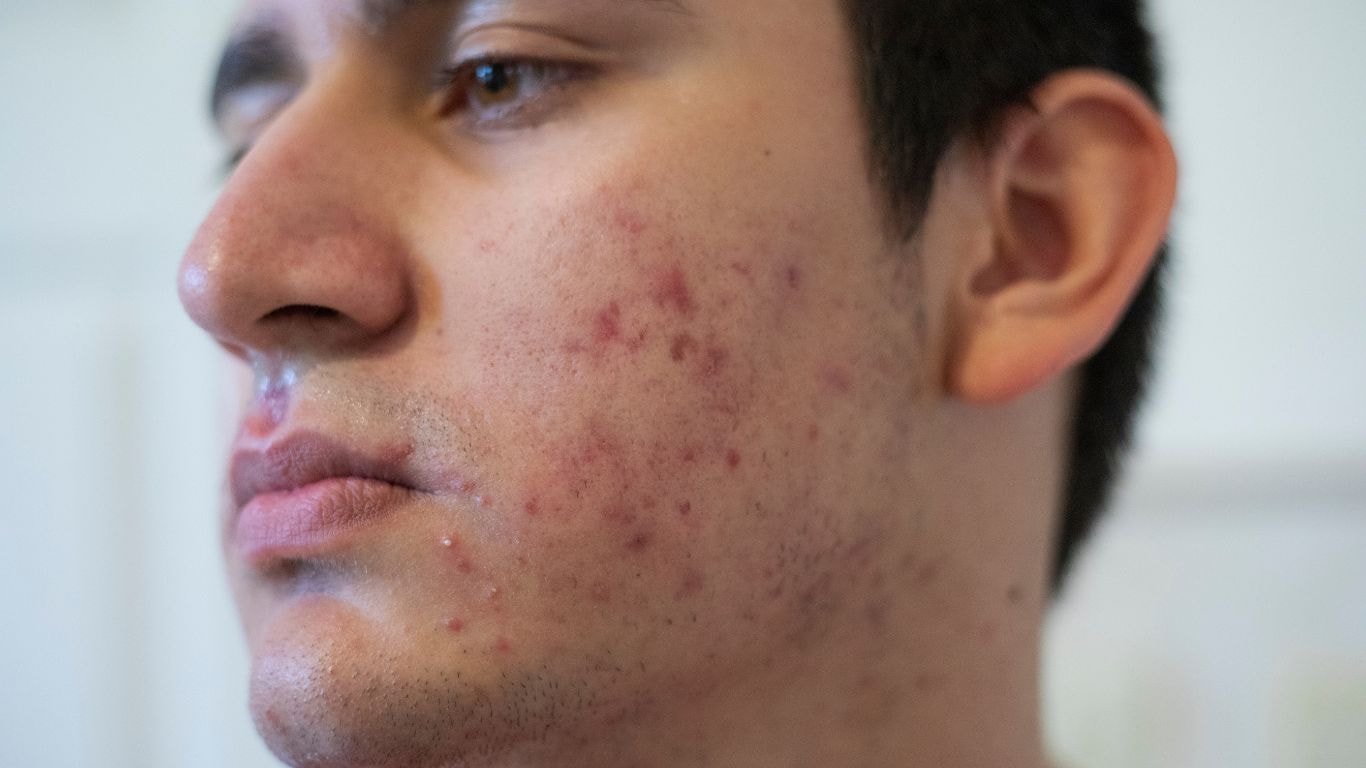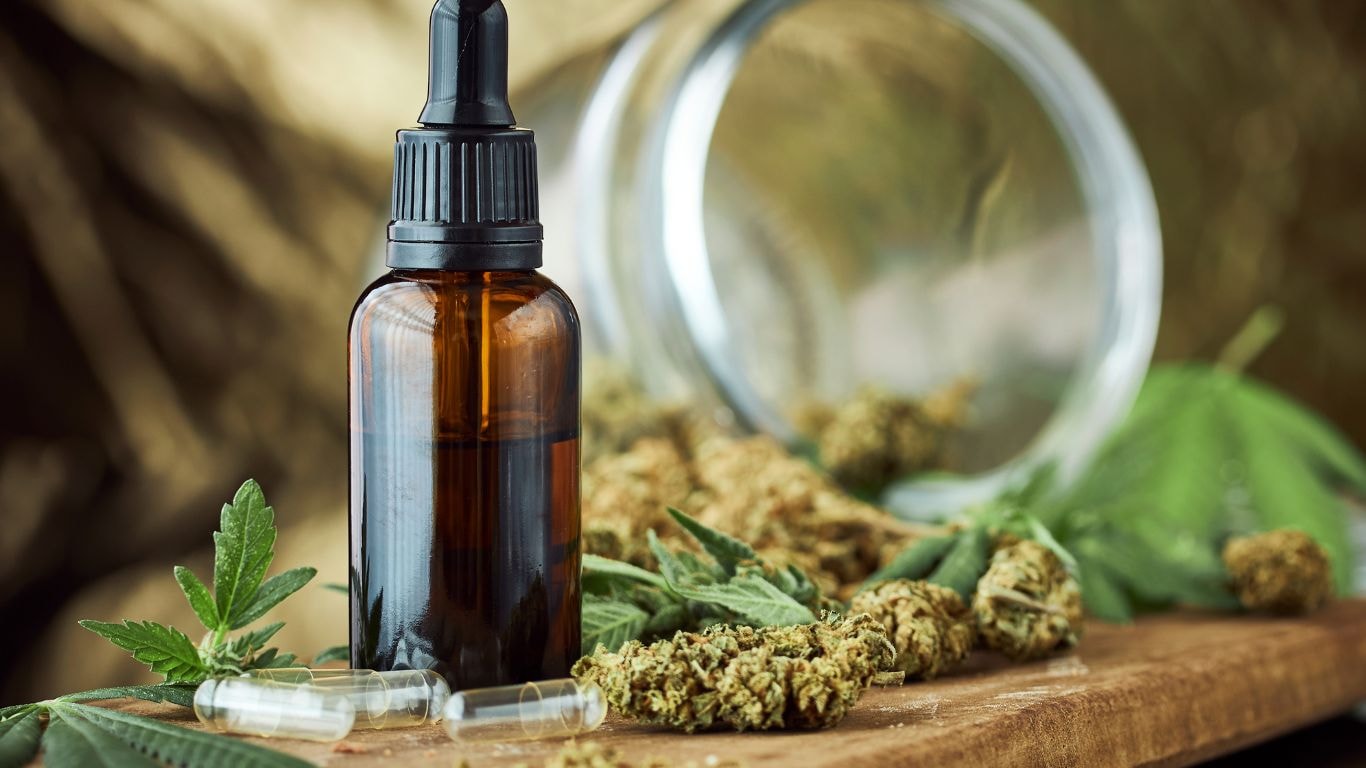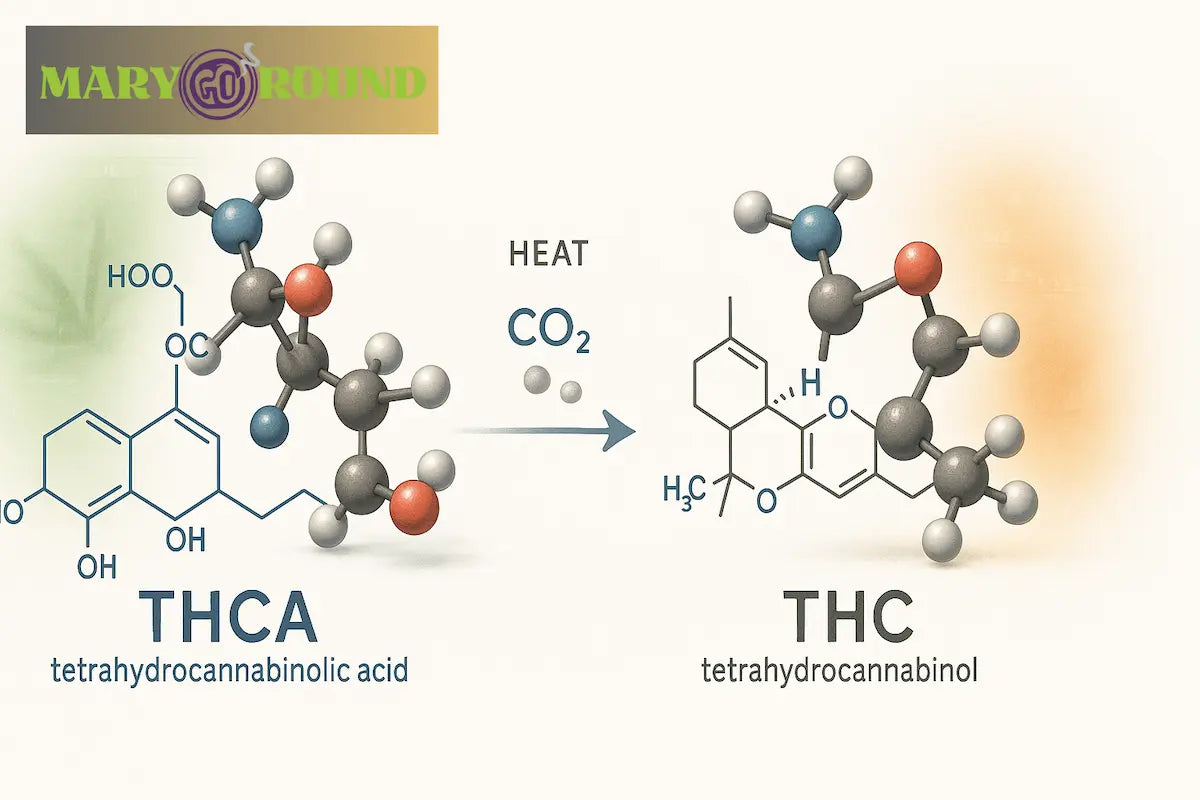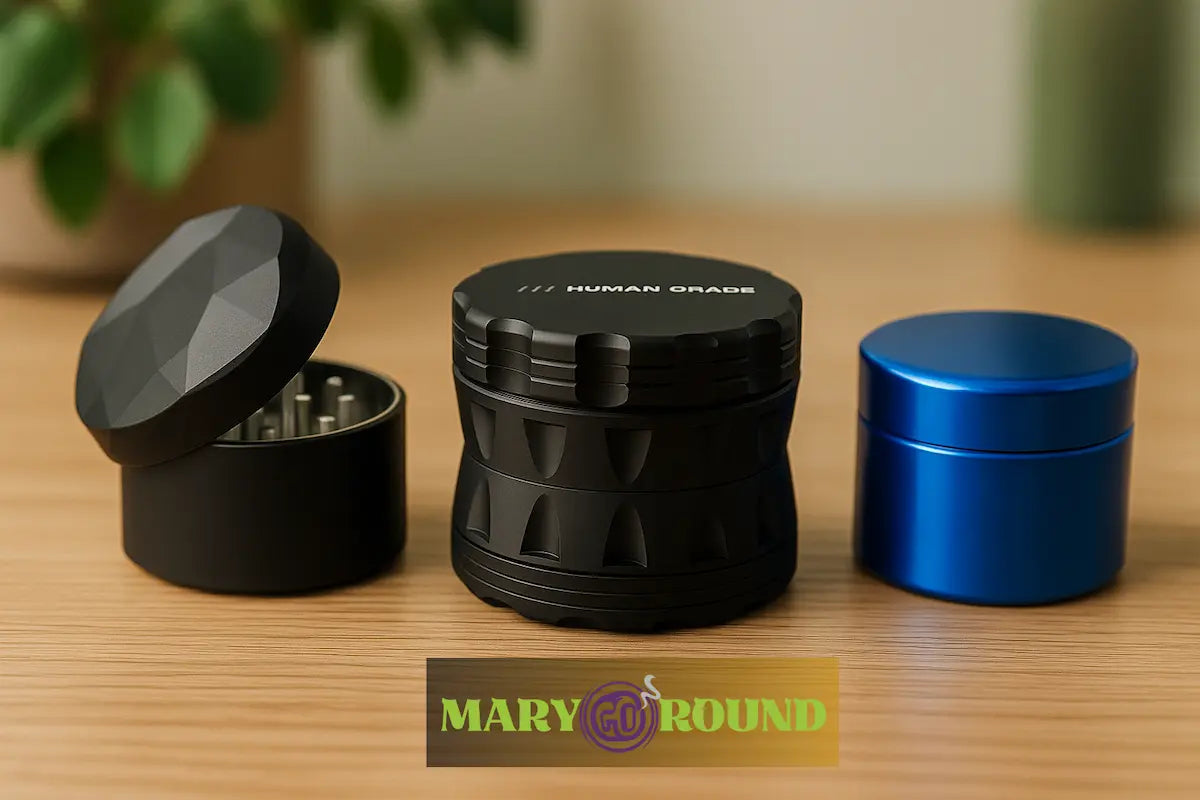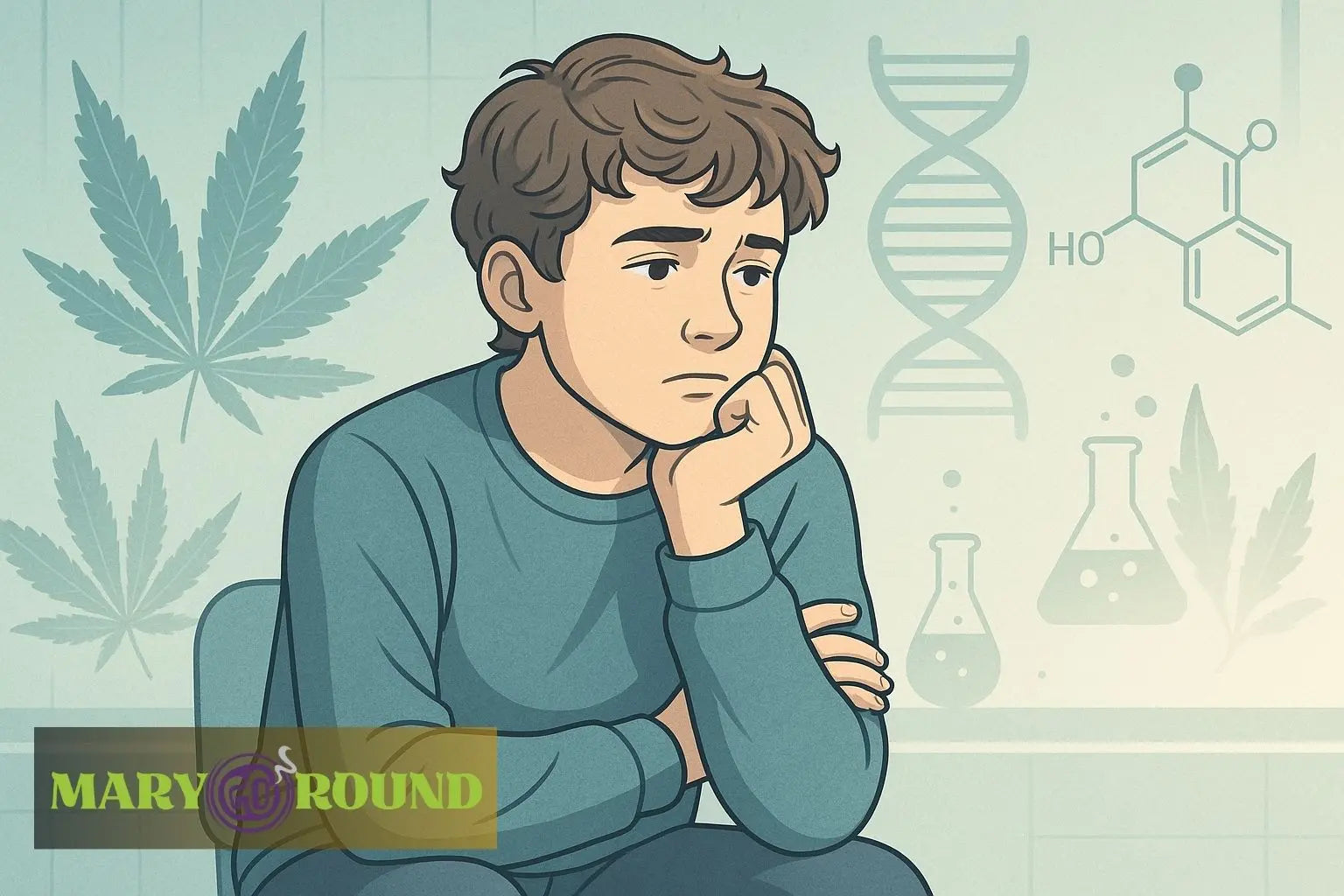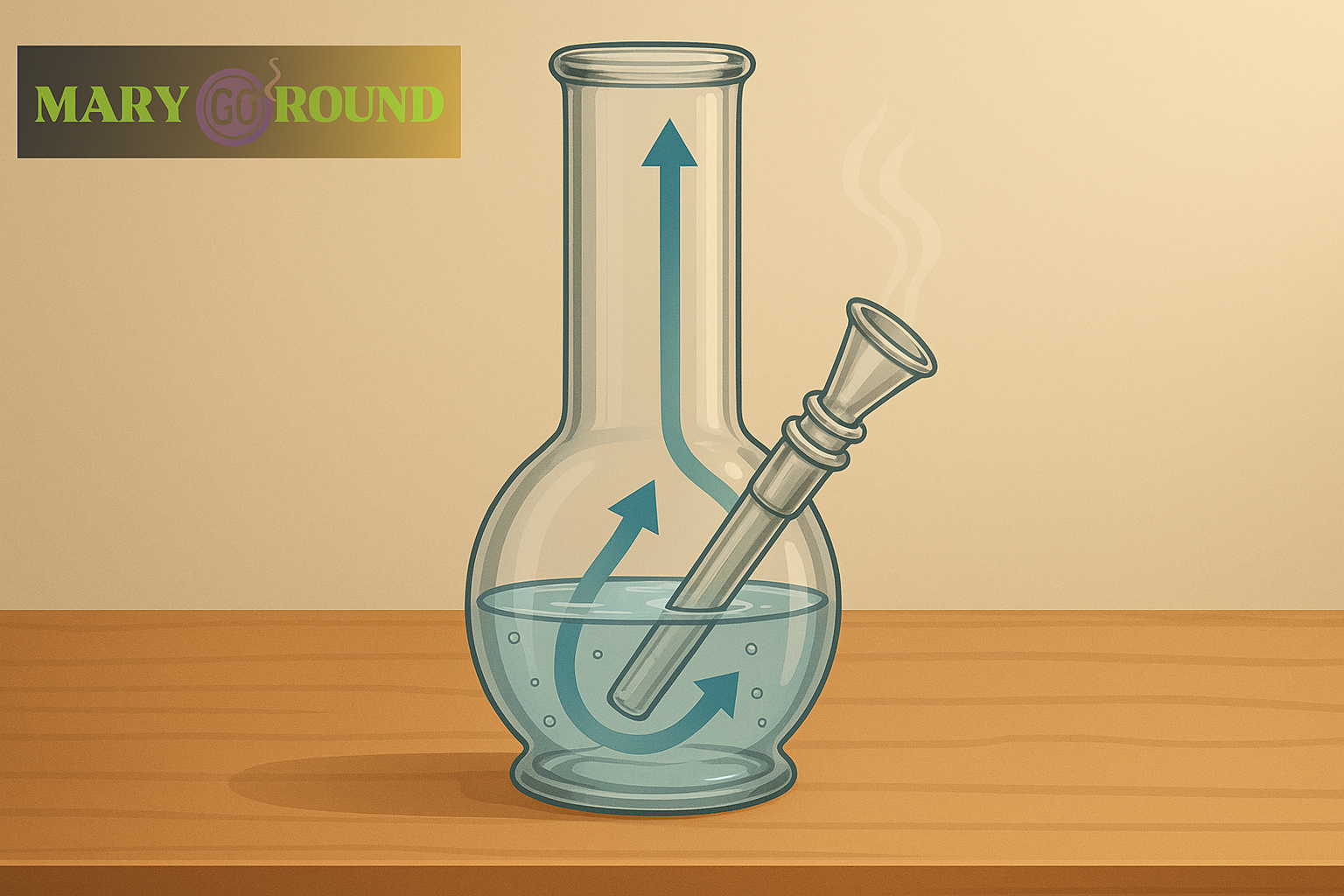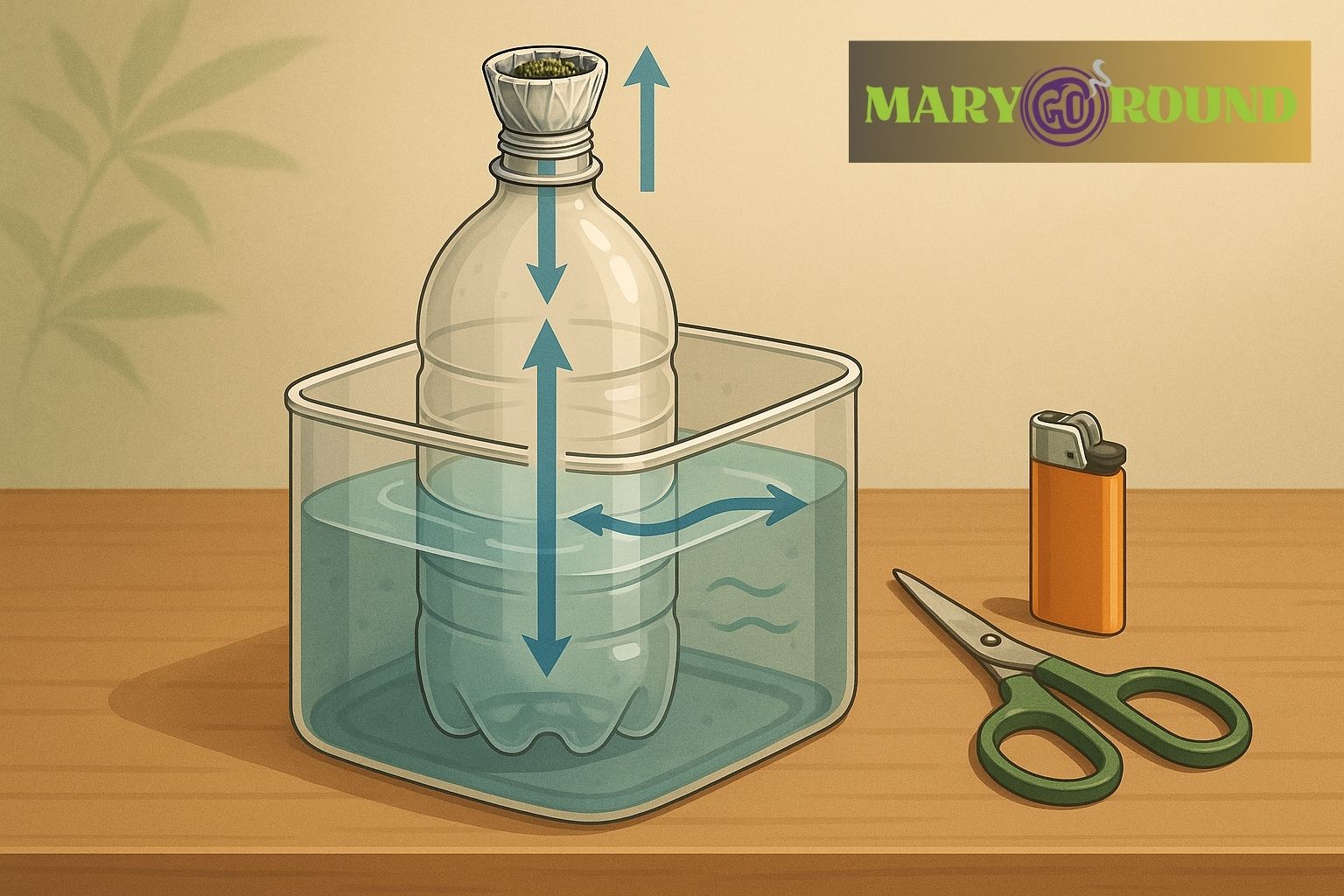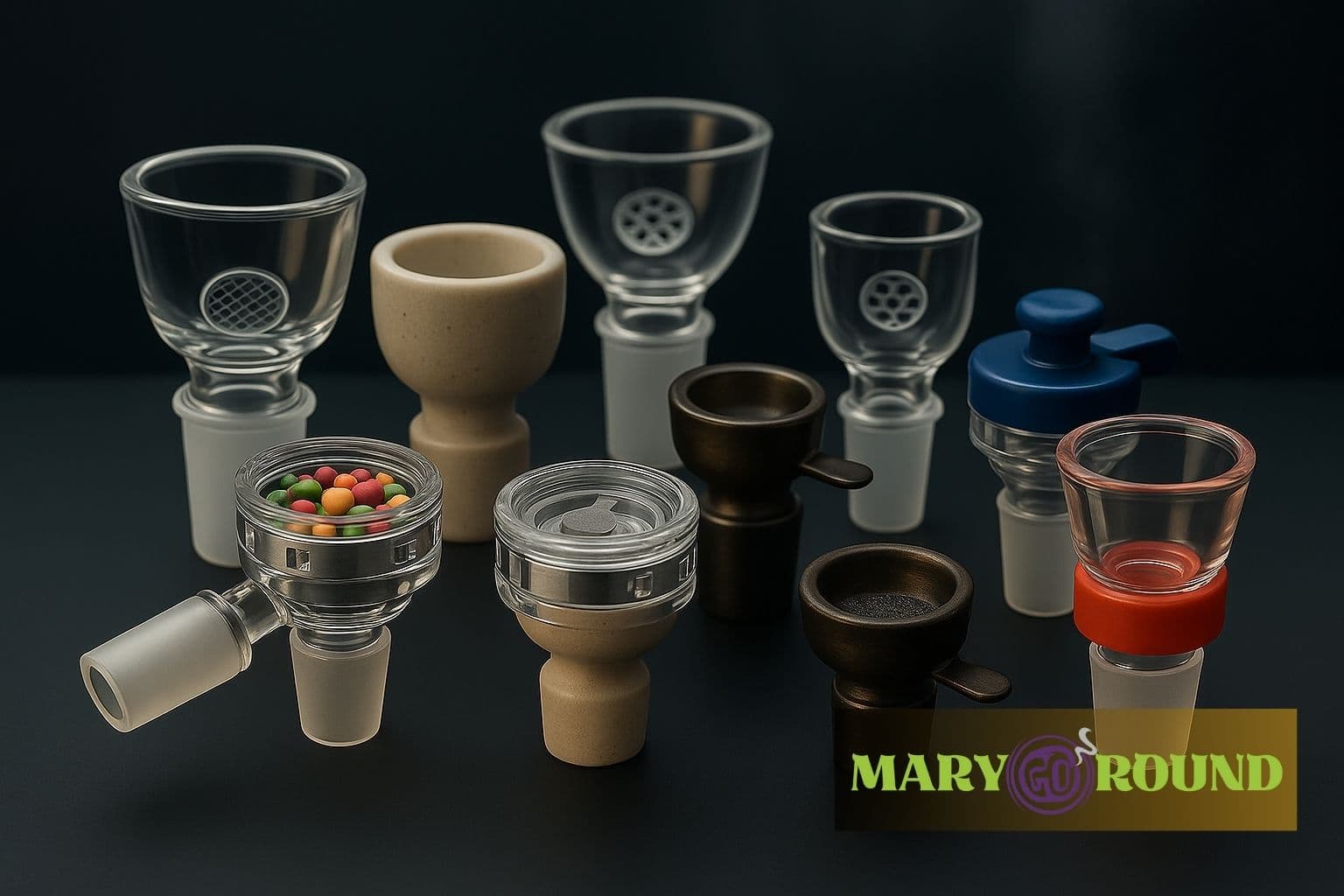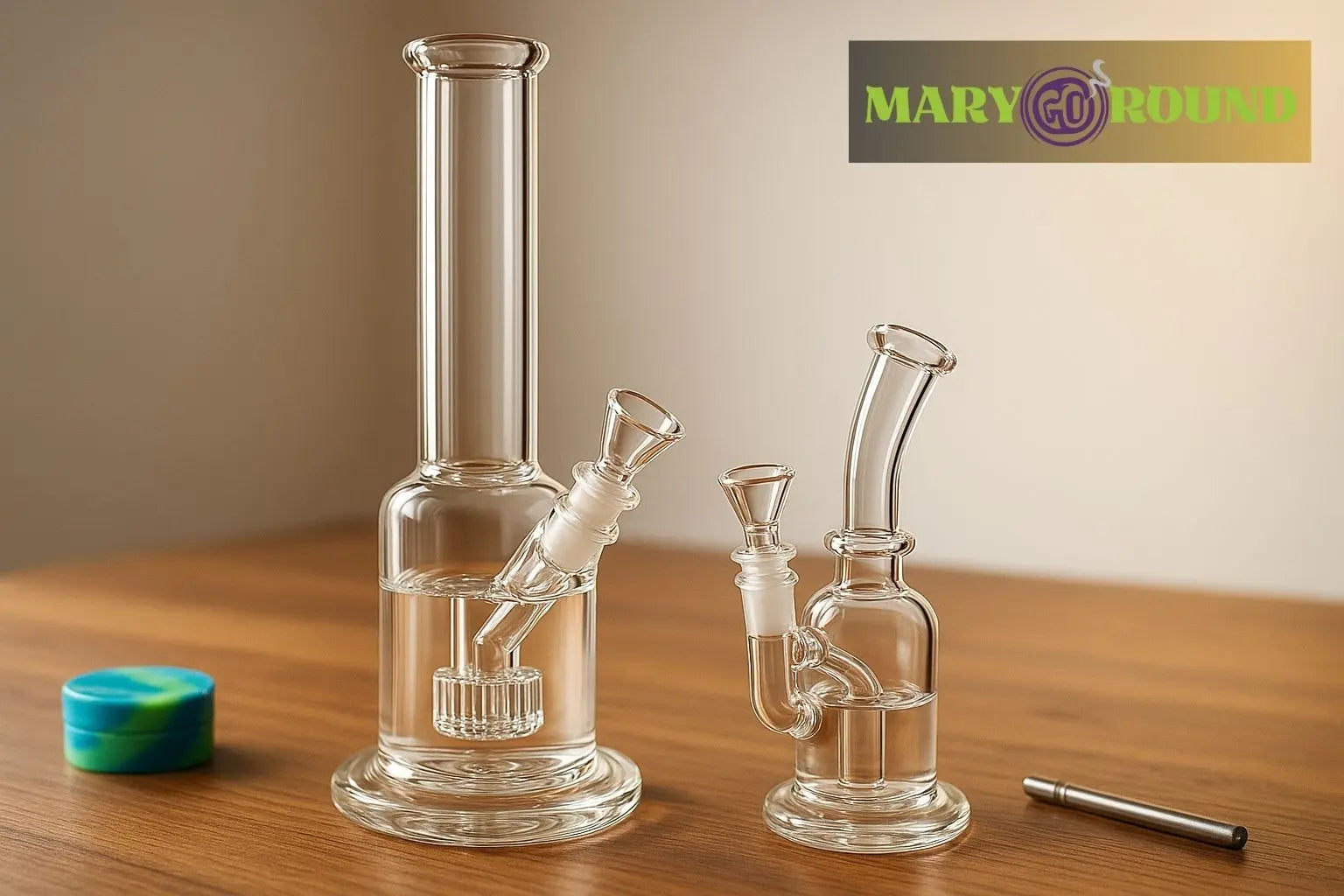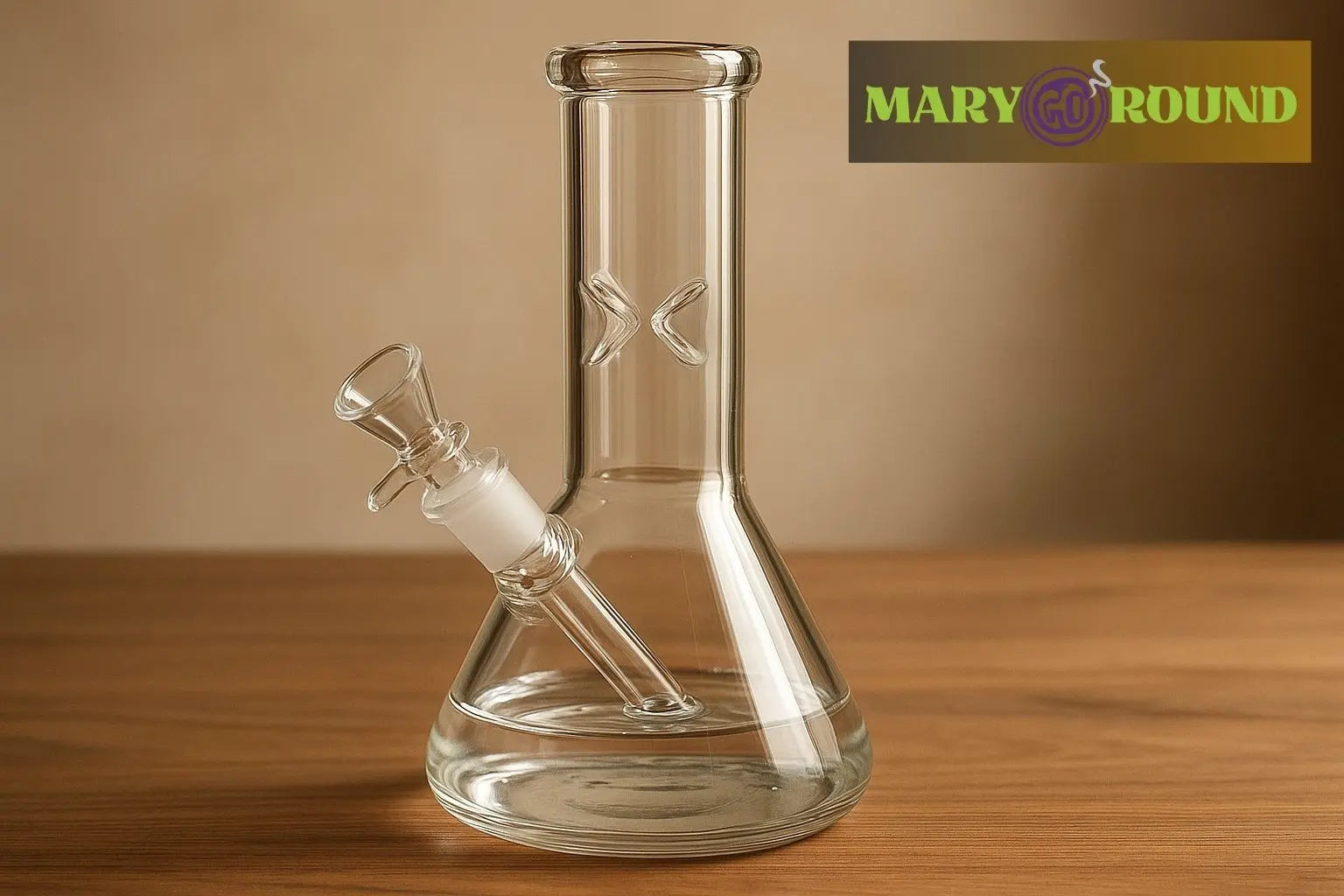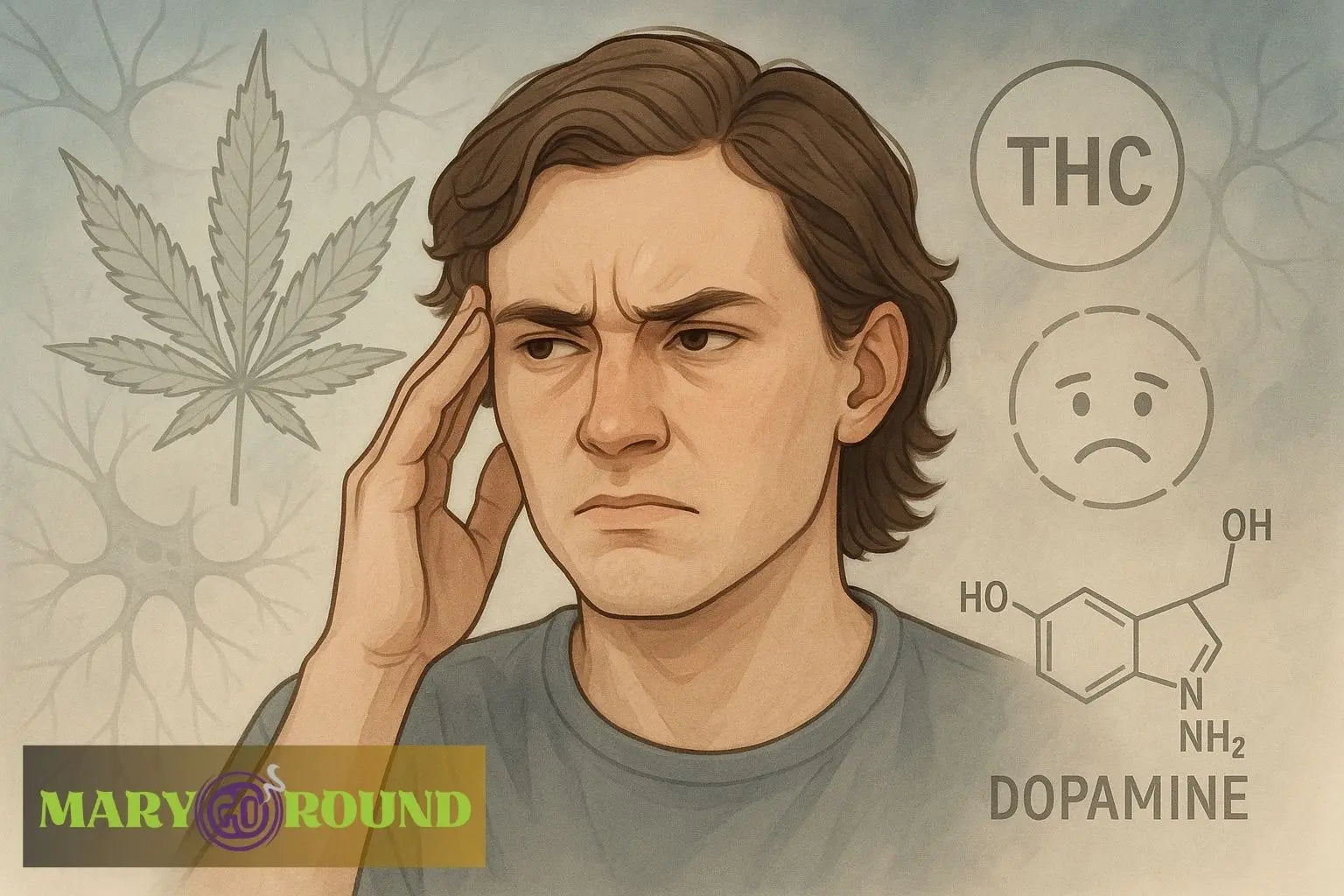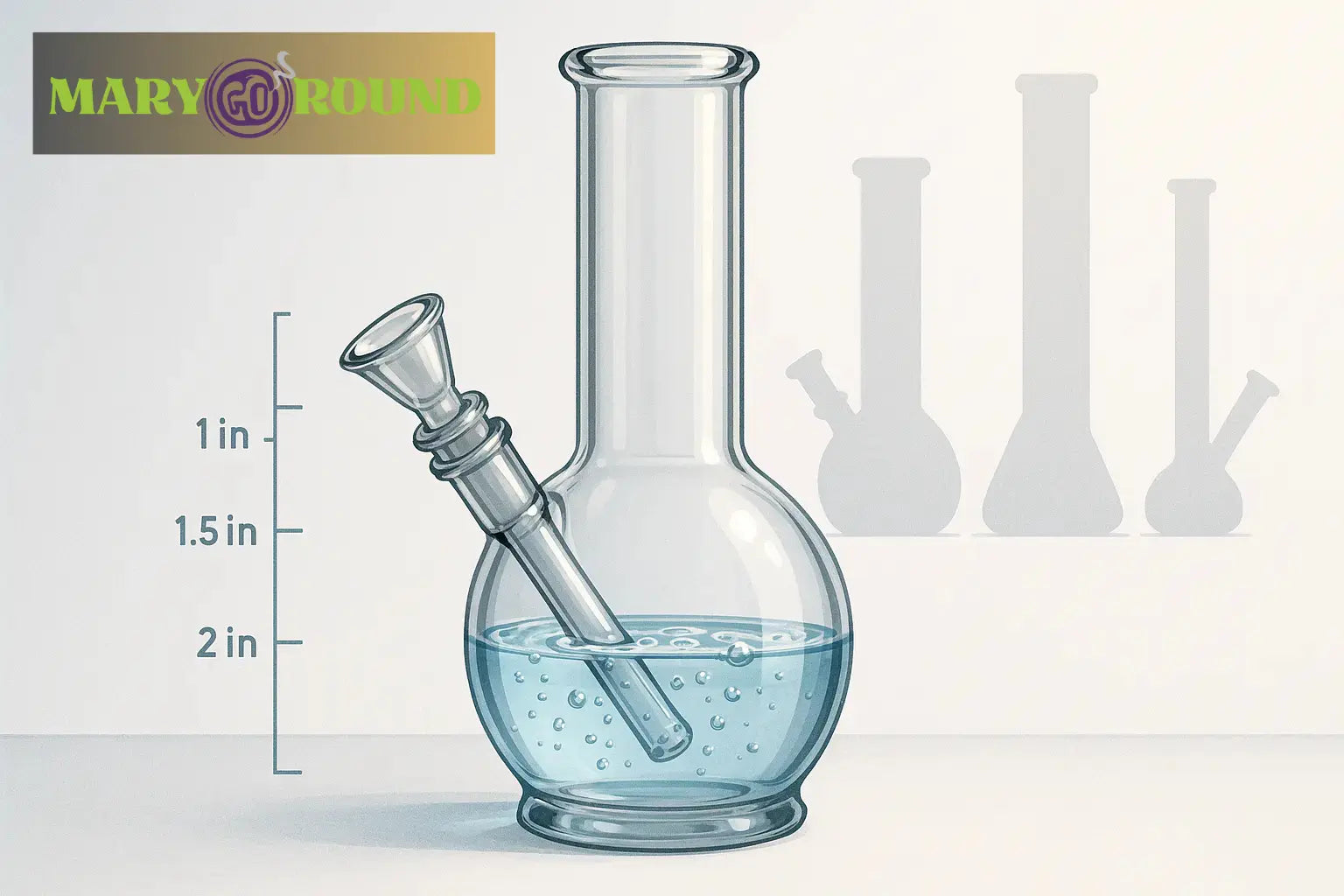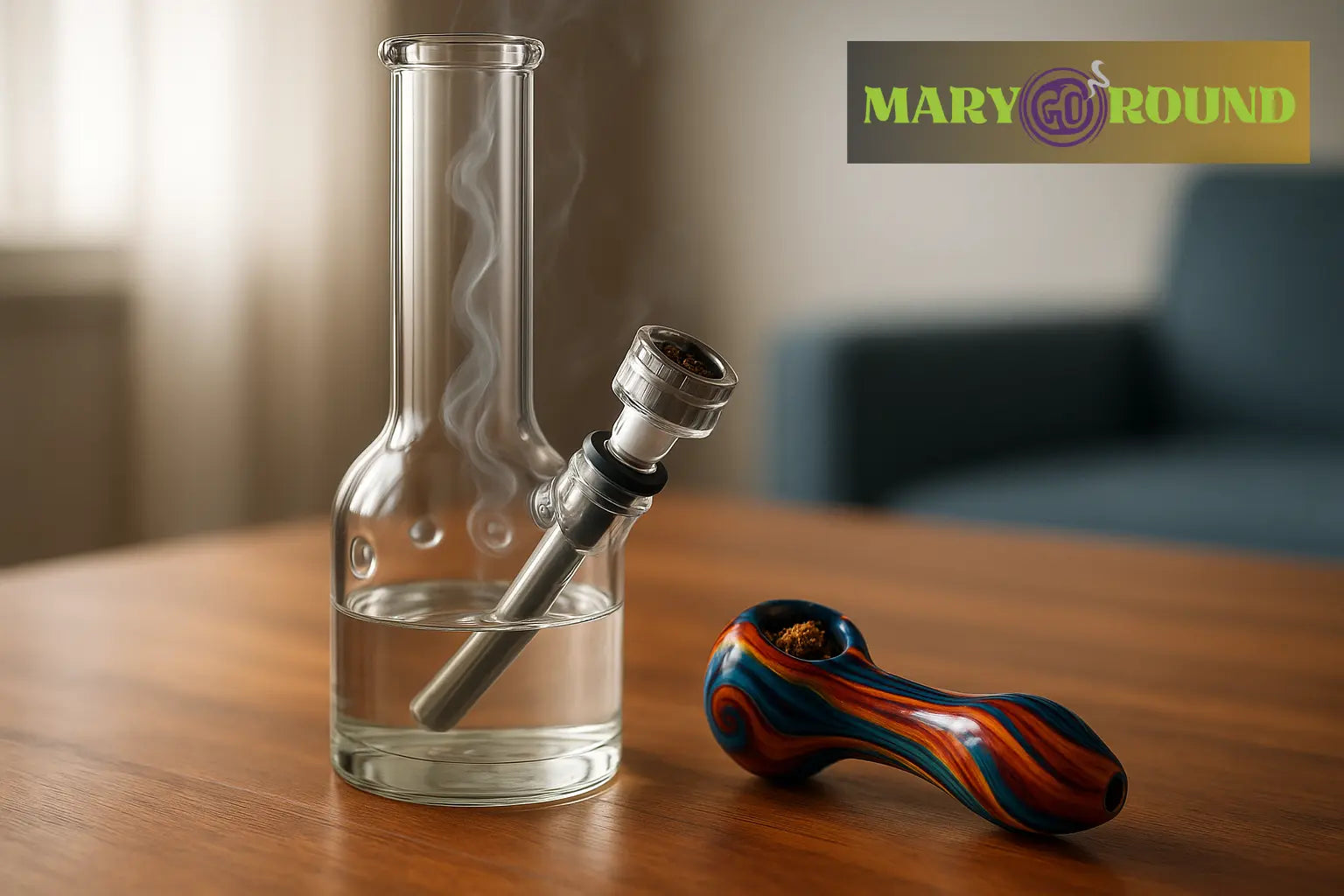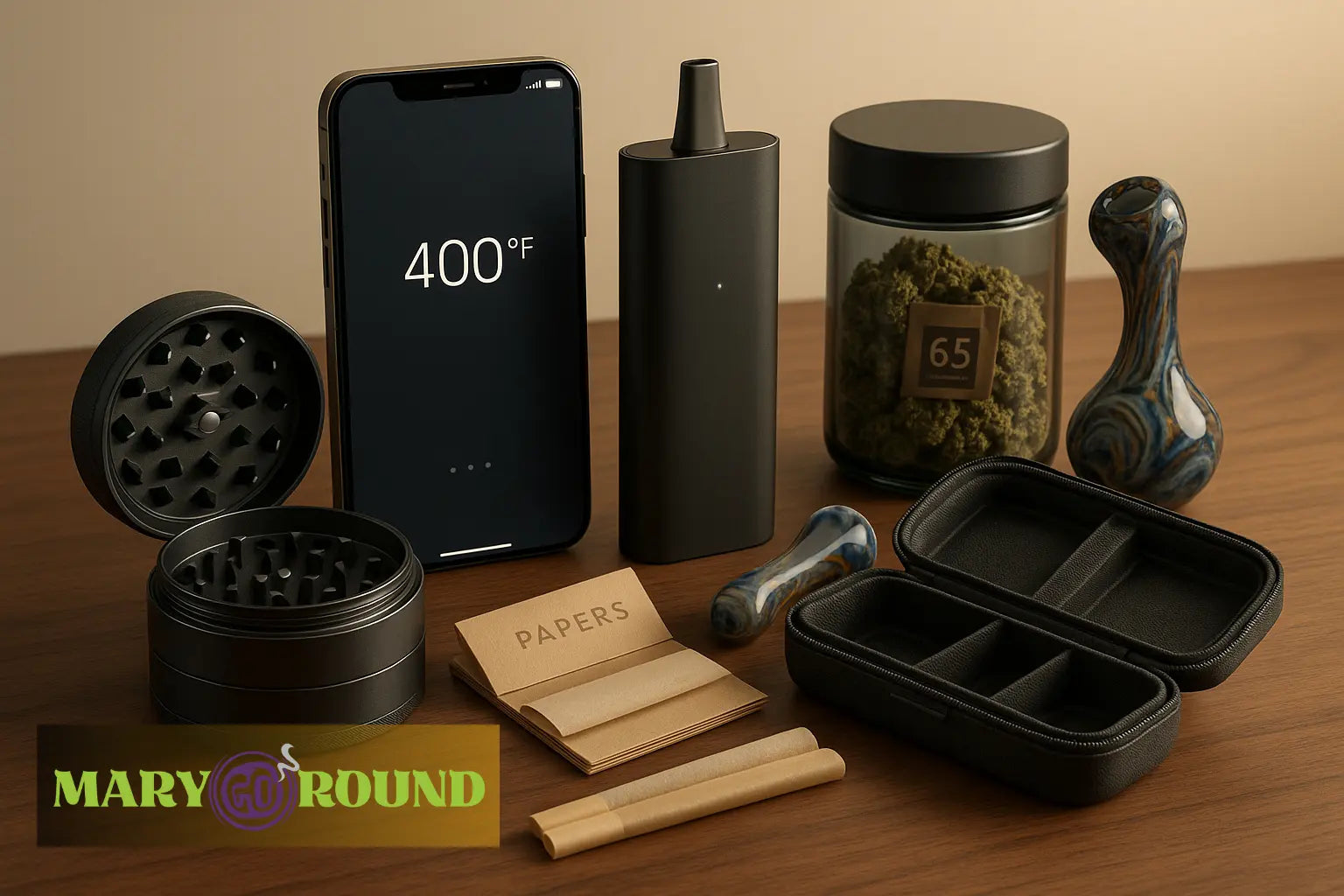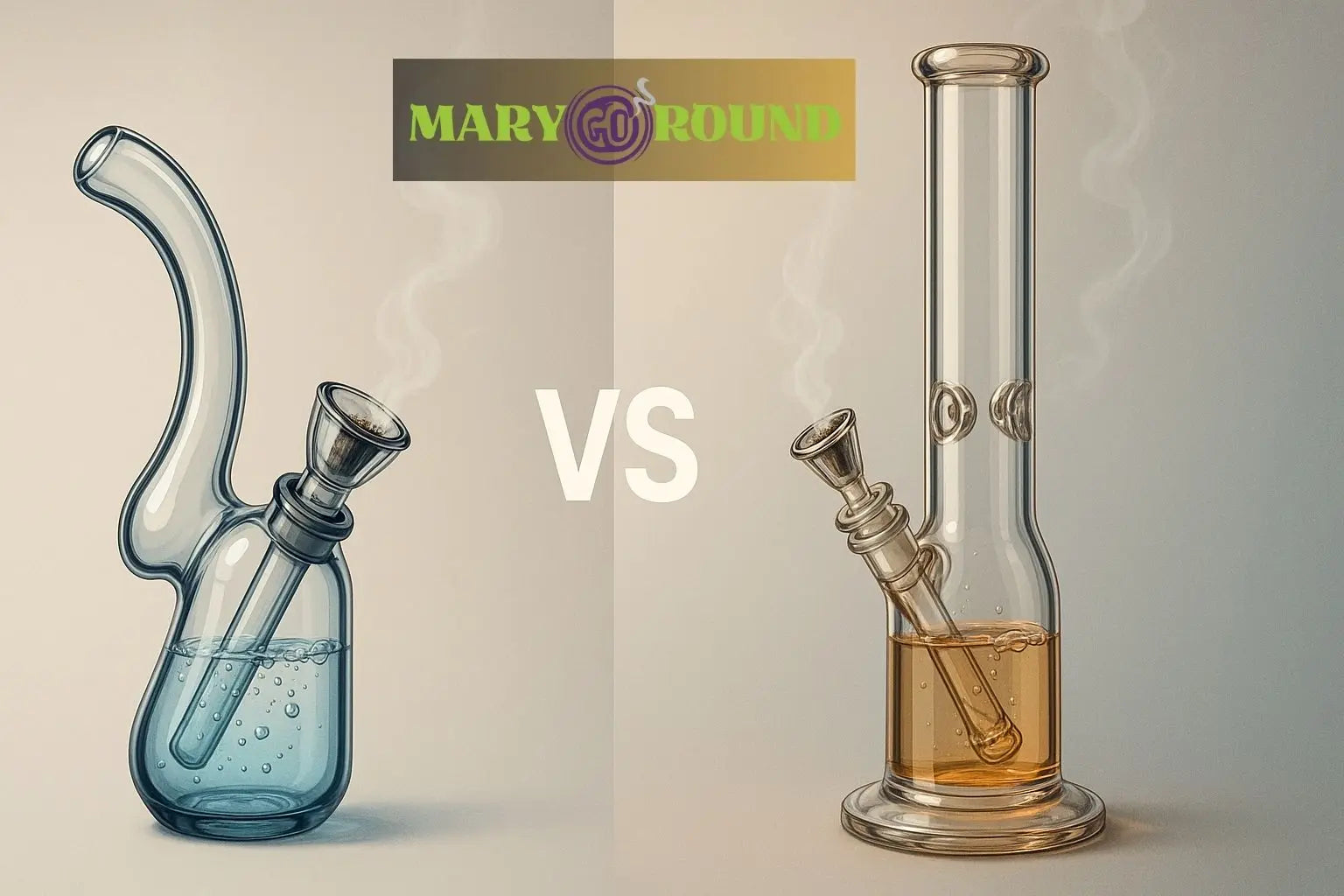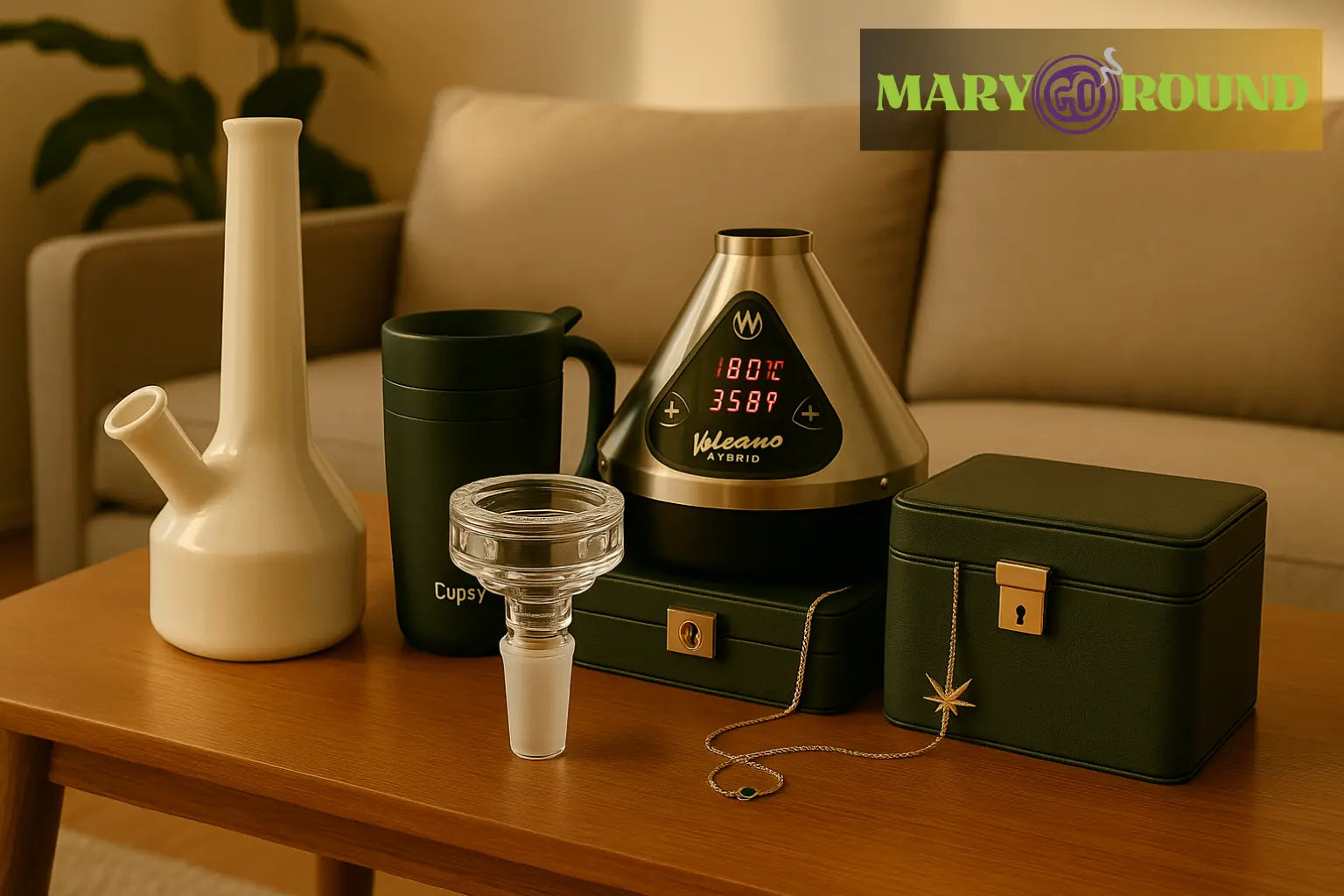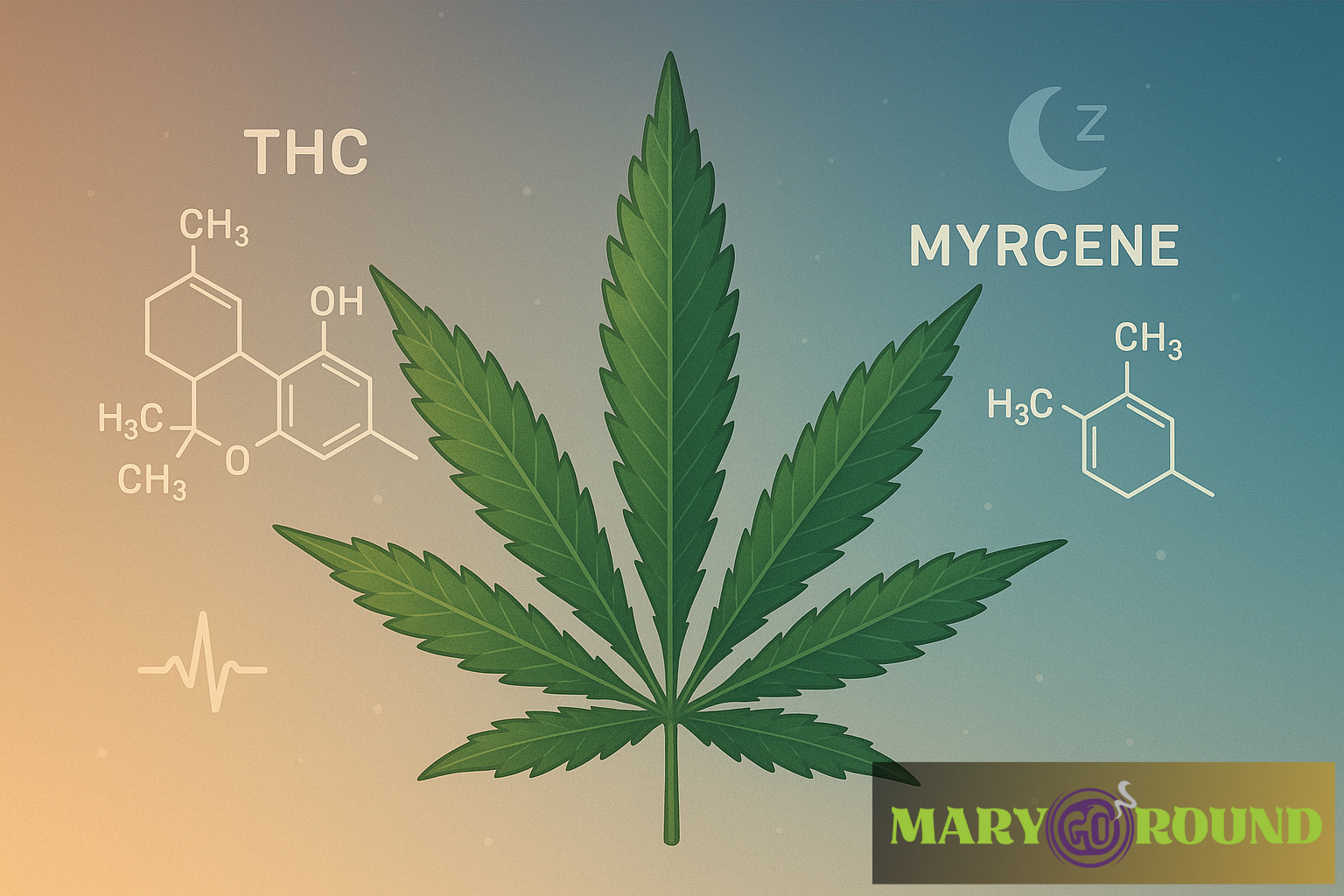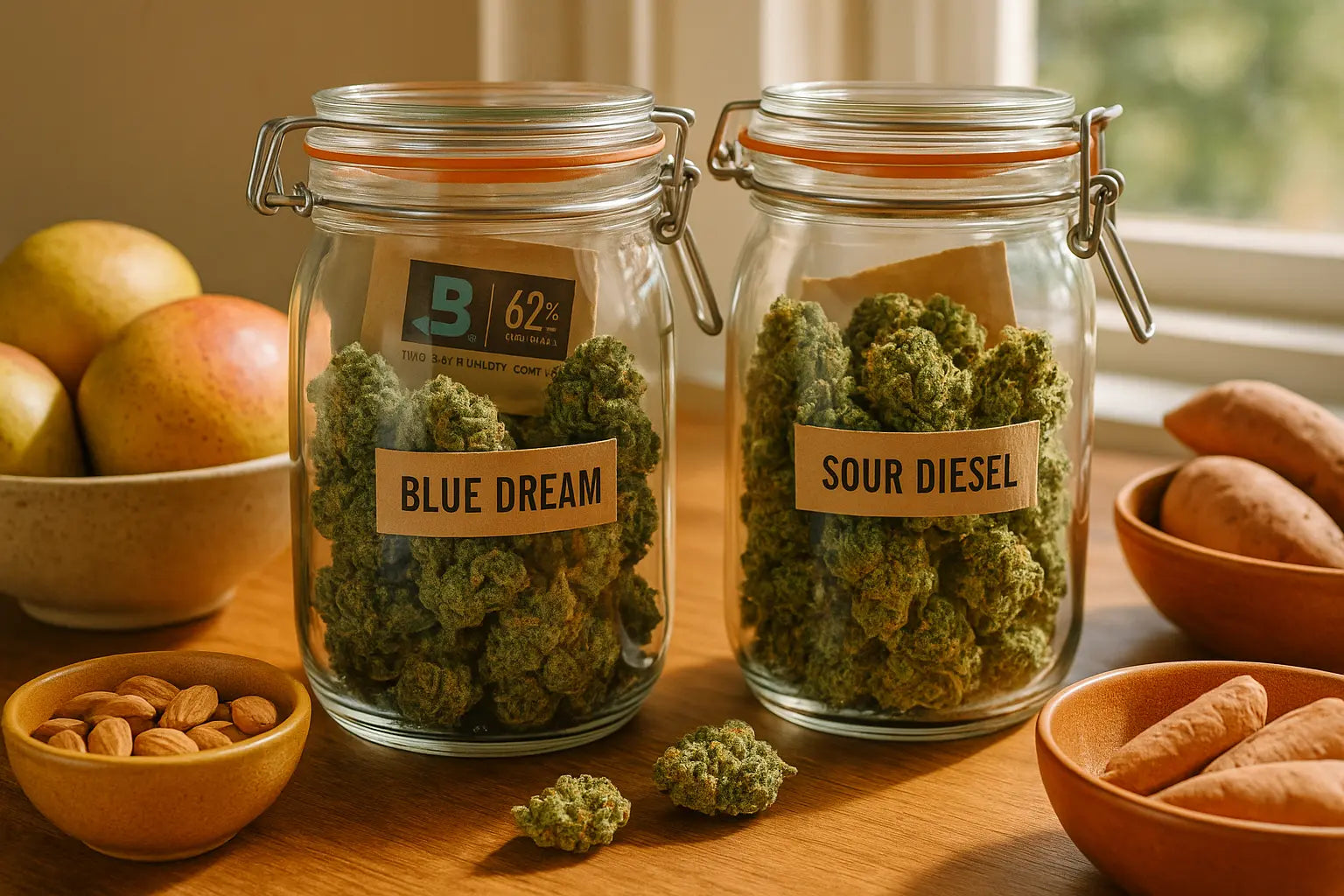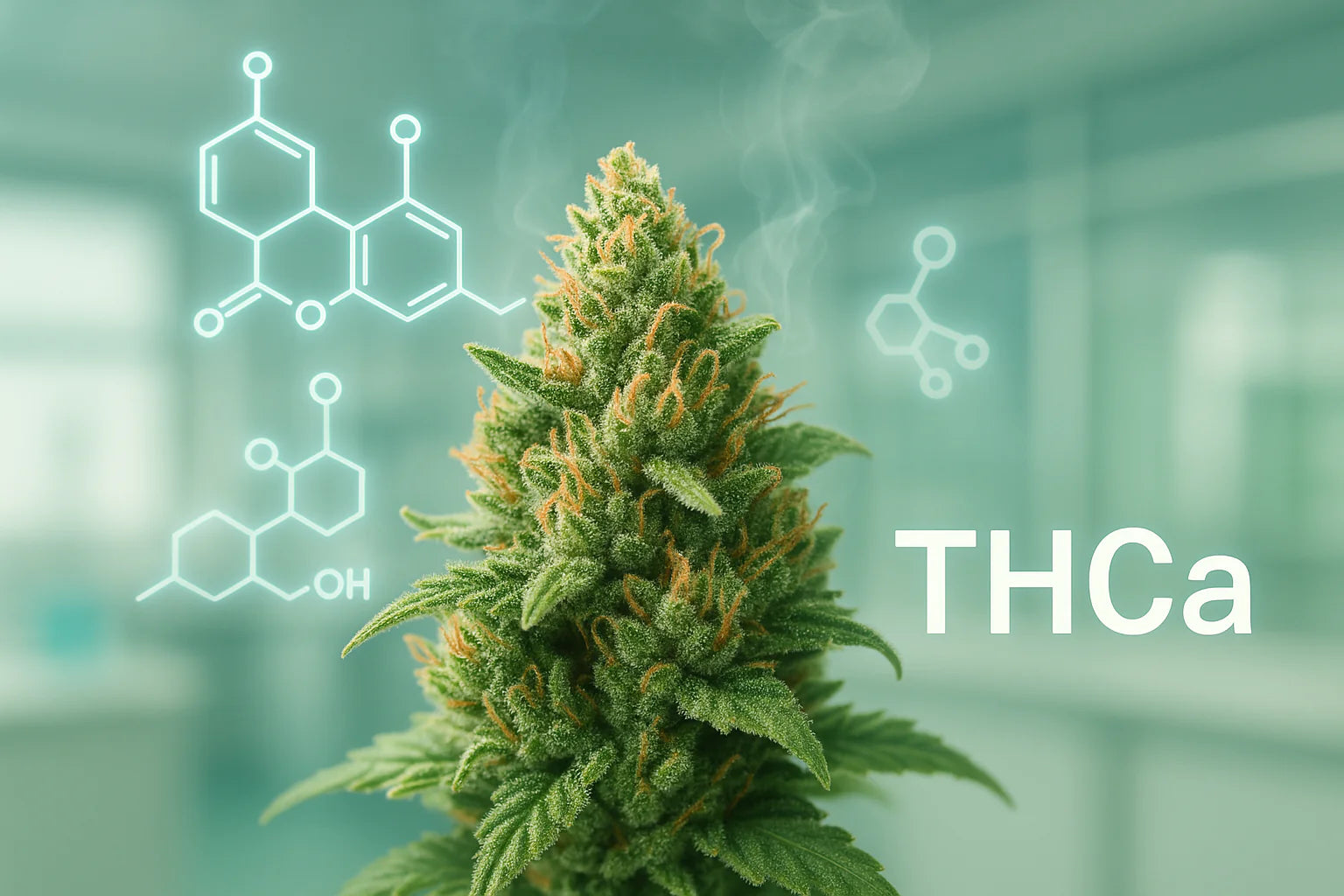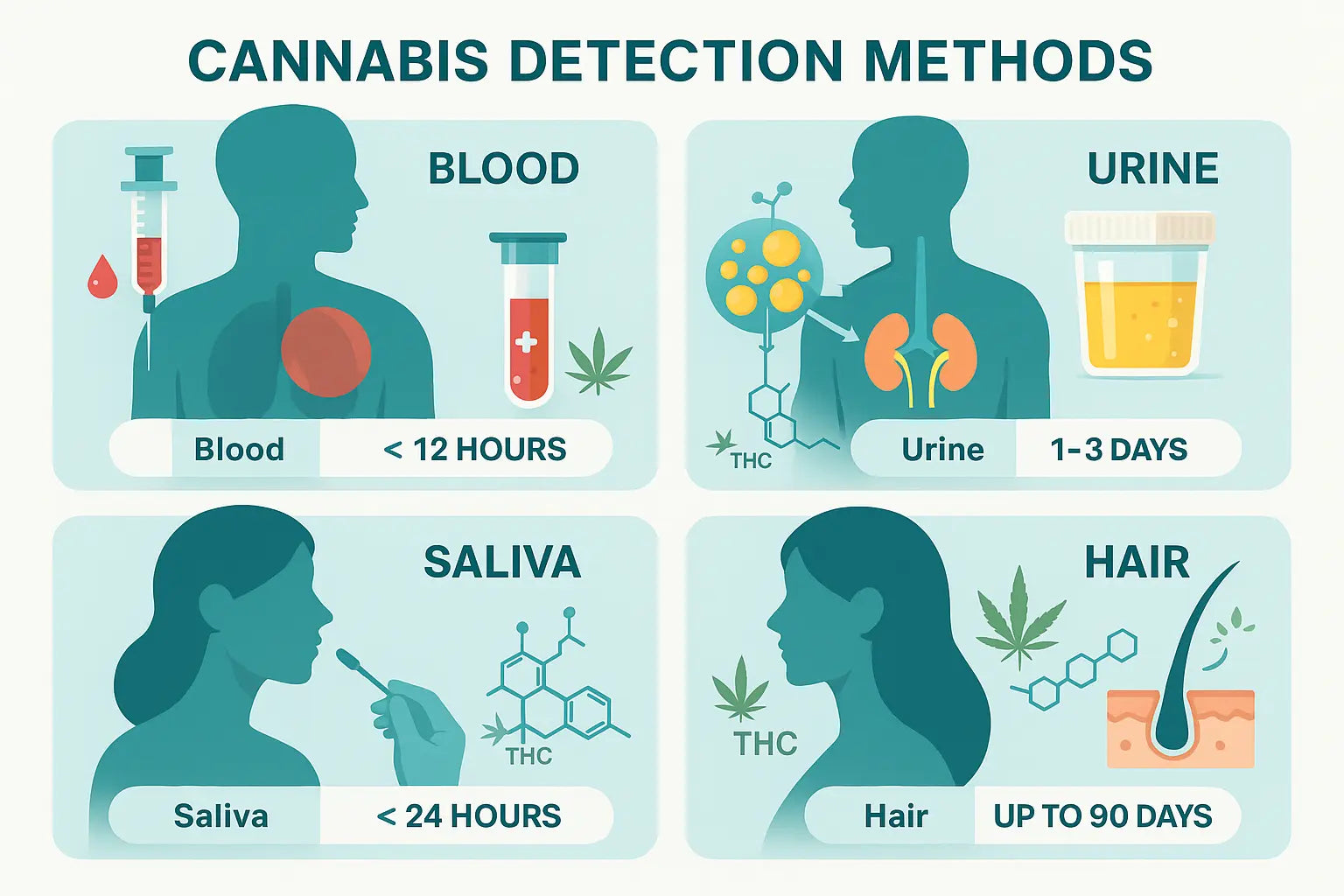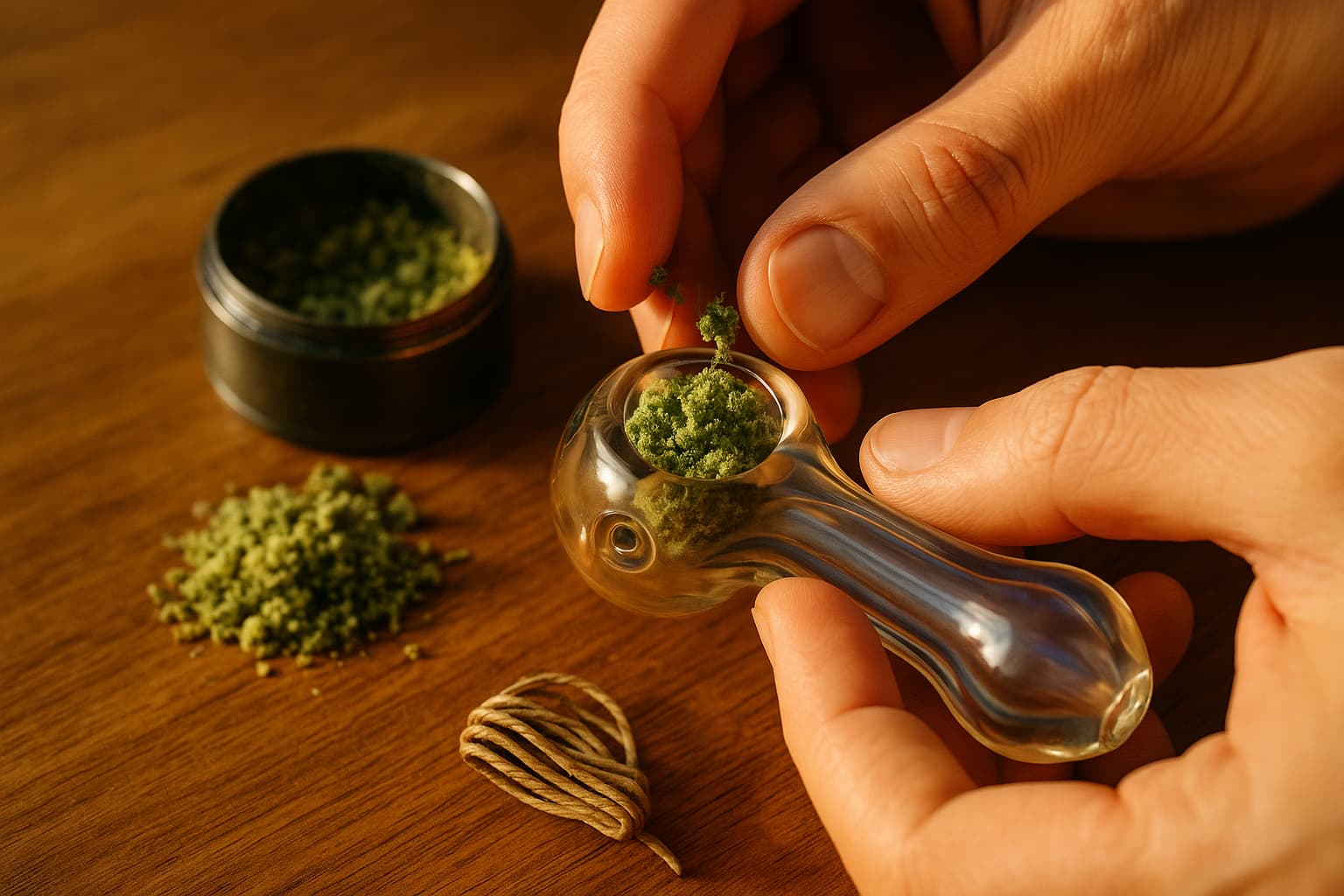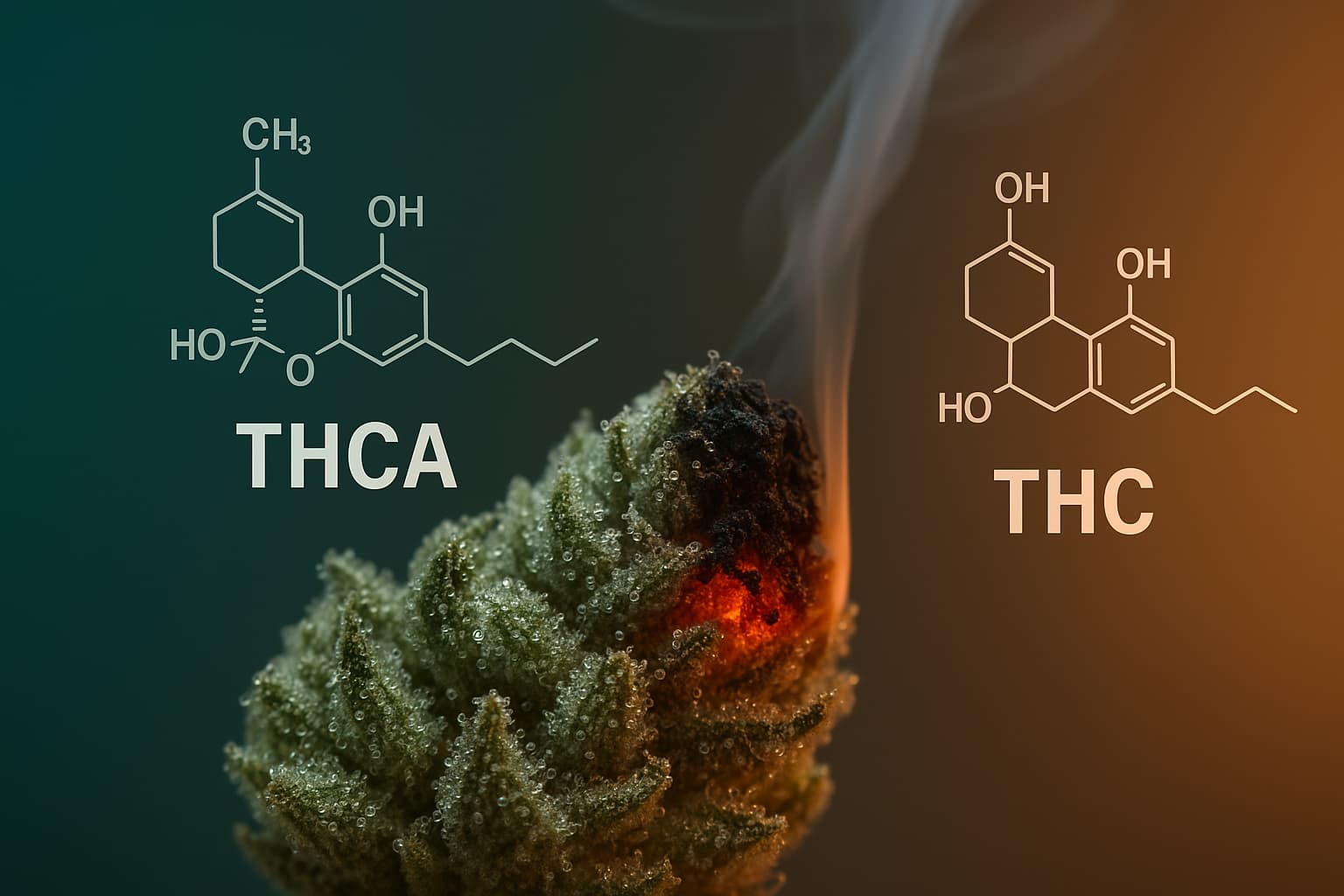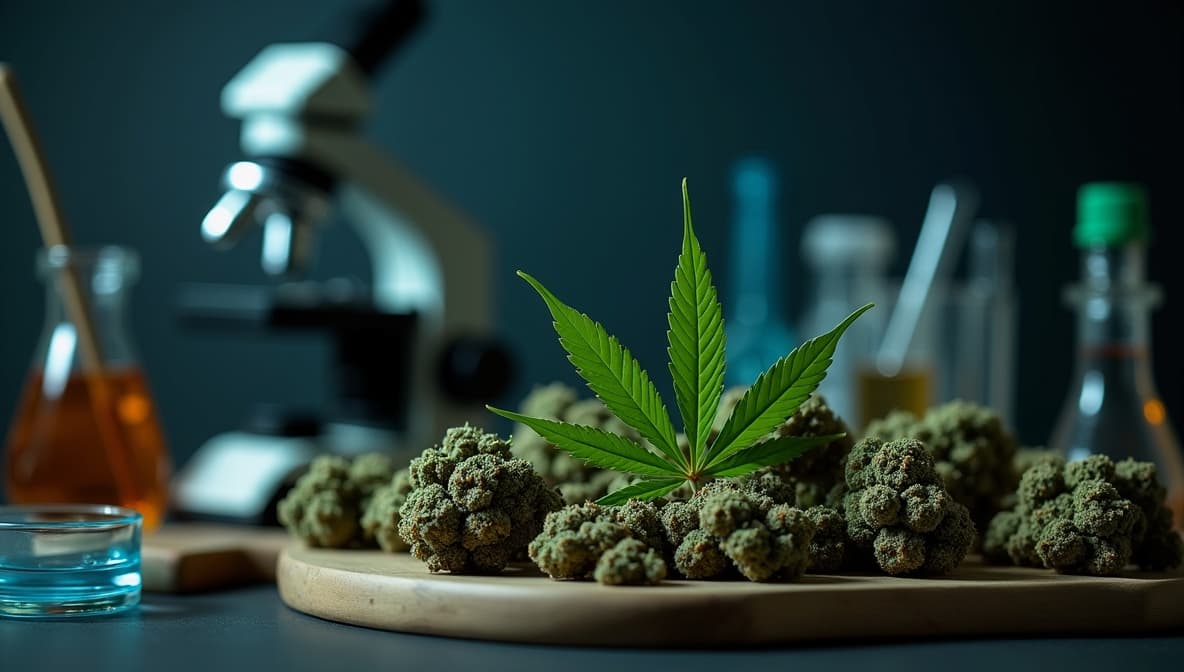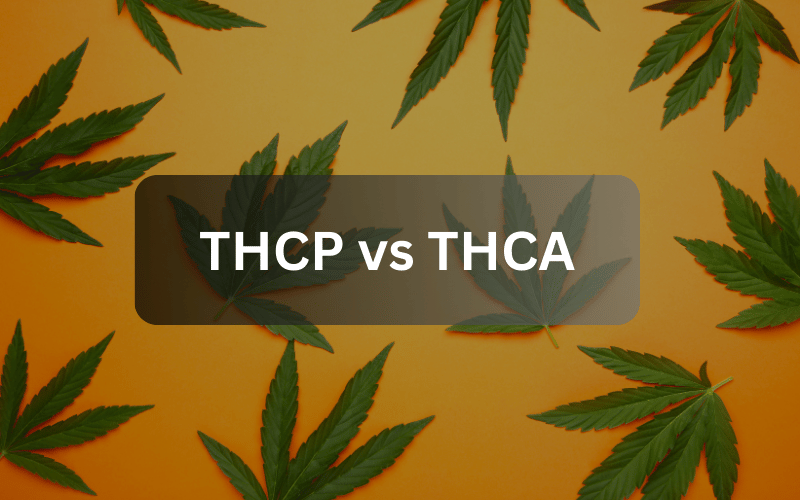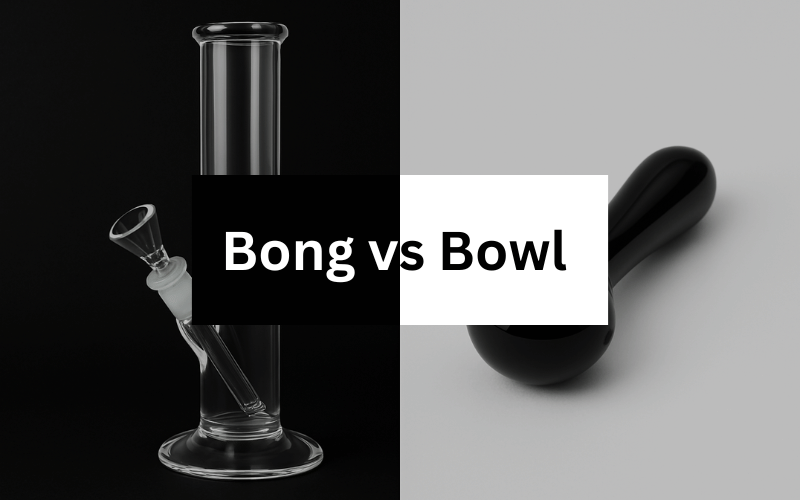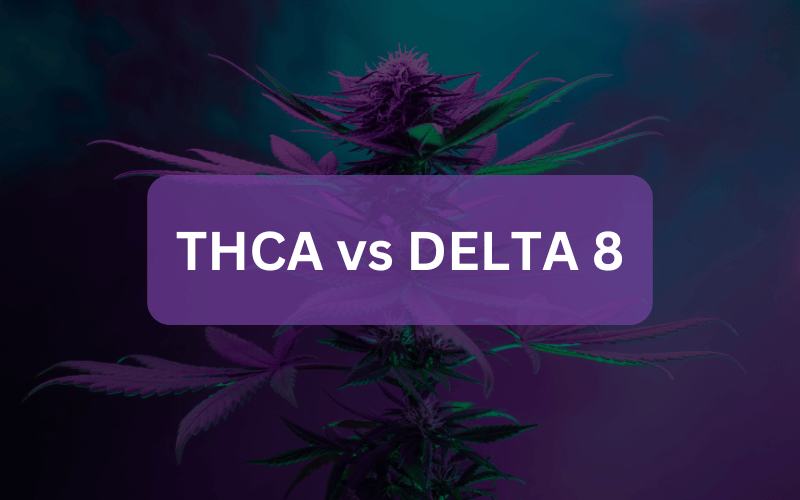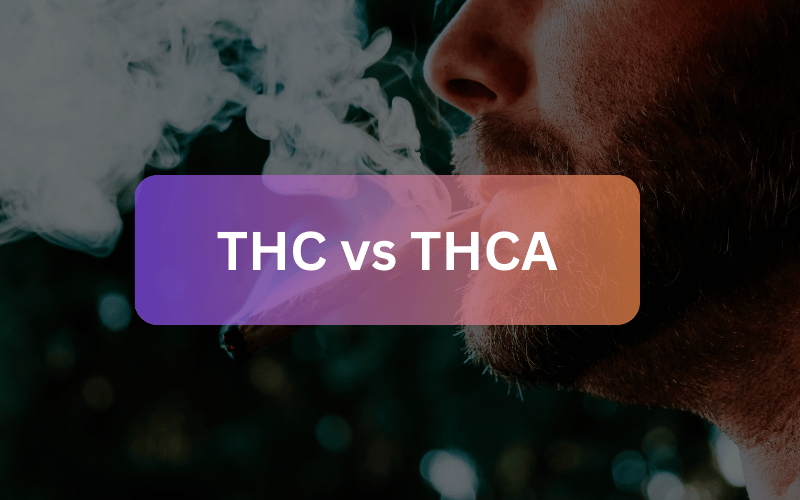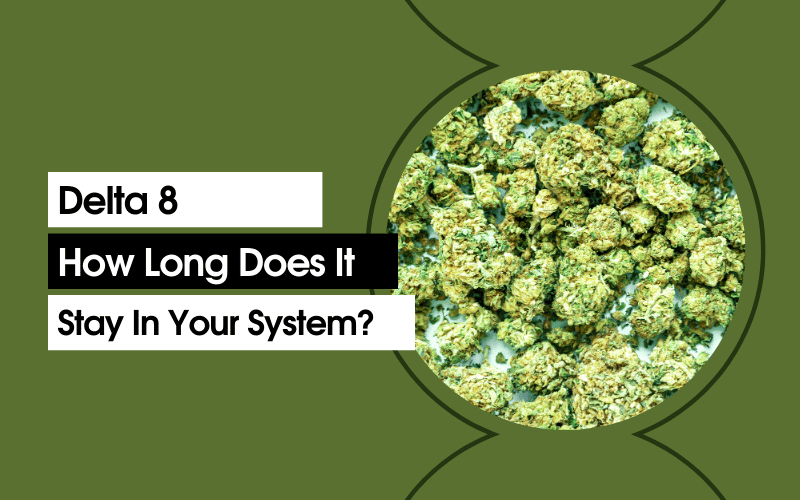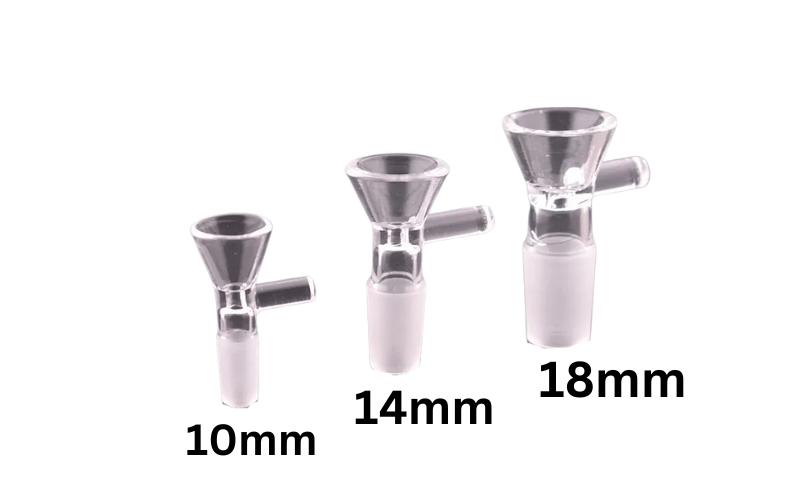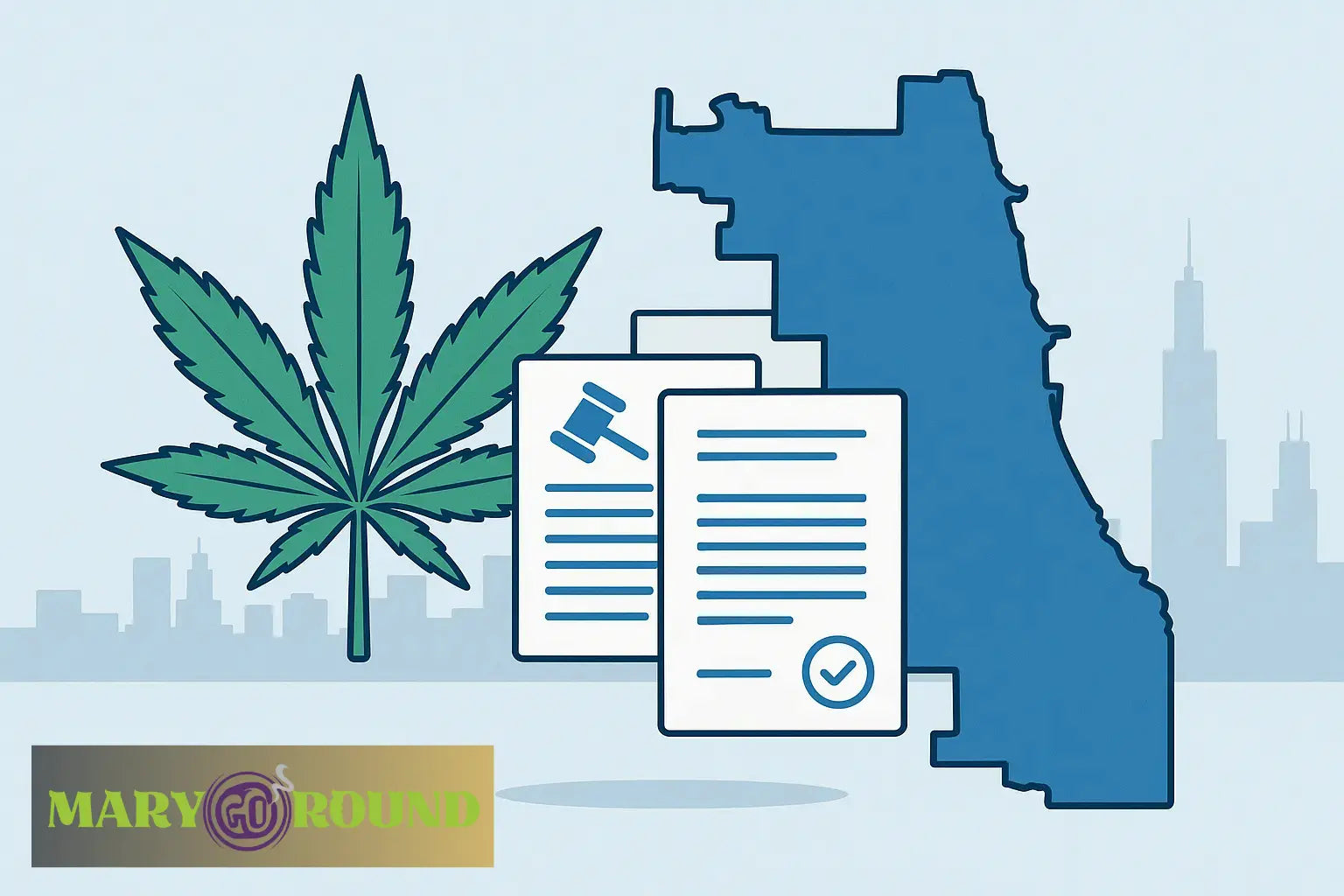
Is Weed Legal in Chicago? Your Essential Guide to Cannabis Laws
Posted by Tom Wittneben on
If the question of whether weed is legal in Chicago has been on your mind like many others, then you're in the right place.
To answer straightforwardly, yes, it is.
In fact, since January 1, 2020, adults from the age of 21 can legally buy and use cannabis in the city.
This article covers everything you need to know about local cannabis laws.
Key Takeaways
-
Recreational marijuana has been legal in Illinois since January 1, 2020, allowing adults 21 and over to purchase and consume cannabis under regulated limits.
-
Possession limits are established for residents (30 grams of flower) and non-residents (15 grams), with specific restrictions on transport and consumption in public spaces.
-
The cannabis industry significantly impacts Illinois’ economy, generating over $1.722 billion in adult-use sales and creating numerous job opportunities while facing banking and federal regulation challenges.
Legal Status of Cannabis in Chicago
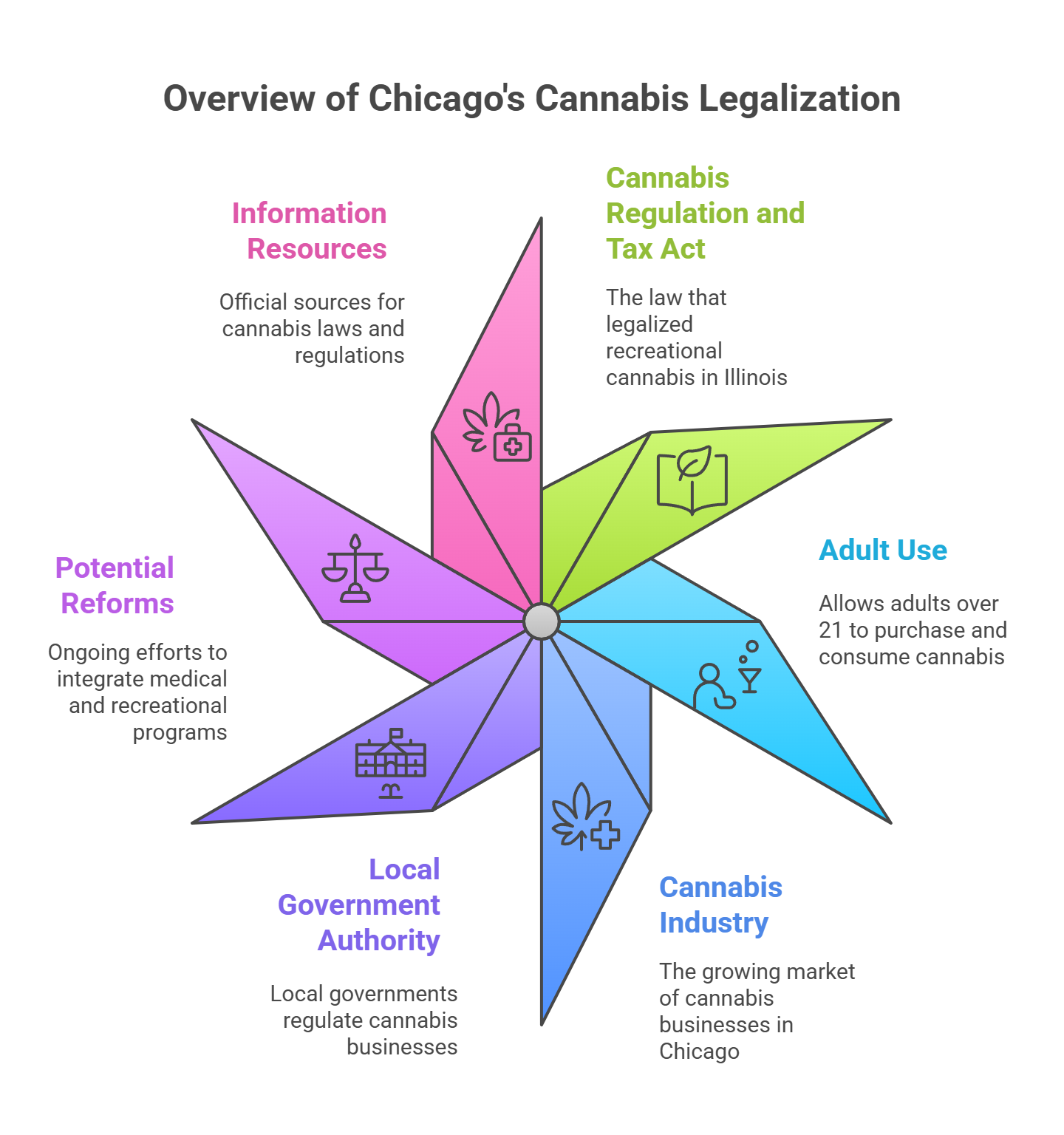
The legalization of recreational marijuana in the state of Illinois was a landmark event that took effect on January 1, 2020, making Illinois the eleventh state to embrace this change.
Key points about this legislation include:
-
It is known as the Cannabis Regulation and Tax Act.
-
It allows adults from the age of 21 and above to purchase, possess, and consume cannabis within legally defined limits.
-
The act has paved the way for a thriving cannabis industry in Chicago.
-
Numerous licensed dispensaries are now operating across the city.
With these, local governments in Chicago have the authority to regulate the location and operation of cannabis dispensaries and consumption lounges within their jurisdictions.
Governor JB Pritzker, who played a pivotal role in the legalization process, continues to support potential reforms aimed at integrating medical marijuana programs with adult-use cannabis programs, not overlooking compassionate use initiatives.
This integration could streamline regulations and licensing, providing a more unified system for both medical marijuana patients and those holding a medical marijuana card for recreational use.
Residents and visitors can consult the official City of Chicago site for up-to-date information on cannabis laws and regulations.
Eligibility for Adult Use
To legally consume cannabis in Chicago, individuals must meet certain criteria set forth by the Cannabis Control Act. Adult use is restricted to those who are at least 21 years old and can present a valid government-issued ID at the time of purchase.
Both Illinois residents and non-residents are eligible to buy and use recreational cannabis, but it’s important to note that non-residents face lower possession limits compared to residents.
Also, under current laws, adults can possess up to 30 grams of cannabis flower, 5 grams of cannabis concentrate, and 500 milligrams of THC in cannabis-infused products. These possession limits are strictly enforced to ensure responsible consumption and compliance with state regulations.
Whether you are an Illinois resident or visiting from out of state, understanding these laws is essential before you purchase or consume cannabis in Chicago.
Medical Marijuana in Chicago

Unlike recreational marijuana, medical marijuana on the other hand, has been legal in Chicago since 2014, providing relief for patients with qualifying conditions.
To access it, patients must first obtain a medical marijuana card. This card allows them to purchase and consume cannabis from licensed dispensaries throughout the city.
The Illinois Department of Public Health oversees the medical marijuana program, ensuring that patients meet specific criteria and that dispensaries operate within the law.
Notably, patients with a valid card are allowed to purchase up to 2.5 ounces of cannabis every 14 days, which differs from the possession limits for recreational users.
Medical marijuana is used to manage a variety of health conditions, including chronic pain from cancer and multiple sclerosis. So, if you think medical marijuana might benefit you, consult with your healthcare provider to discuss eligibility and the application process.
Possession Limits for Illinois Residents
As discussed earlier, Illinois residents enjoy the freedom to possess up to 30 grams of cannabis flower, 5 grams of cannabis concentrate, and up to 500 milligrams of THC in cannabis-infused products.
These possession limits apply to various marijuana products, including flowers, concentrates, and edibles, ensuring adults can legally enjoy cannabis while controlling the amount they hold.
However, exceeding these possession limits can lead to severe penalties.
Rules for Non-Residents
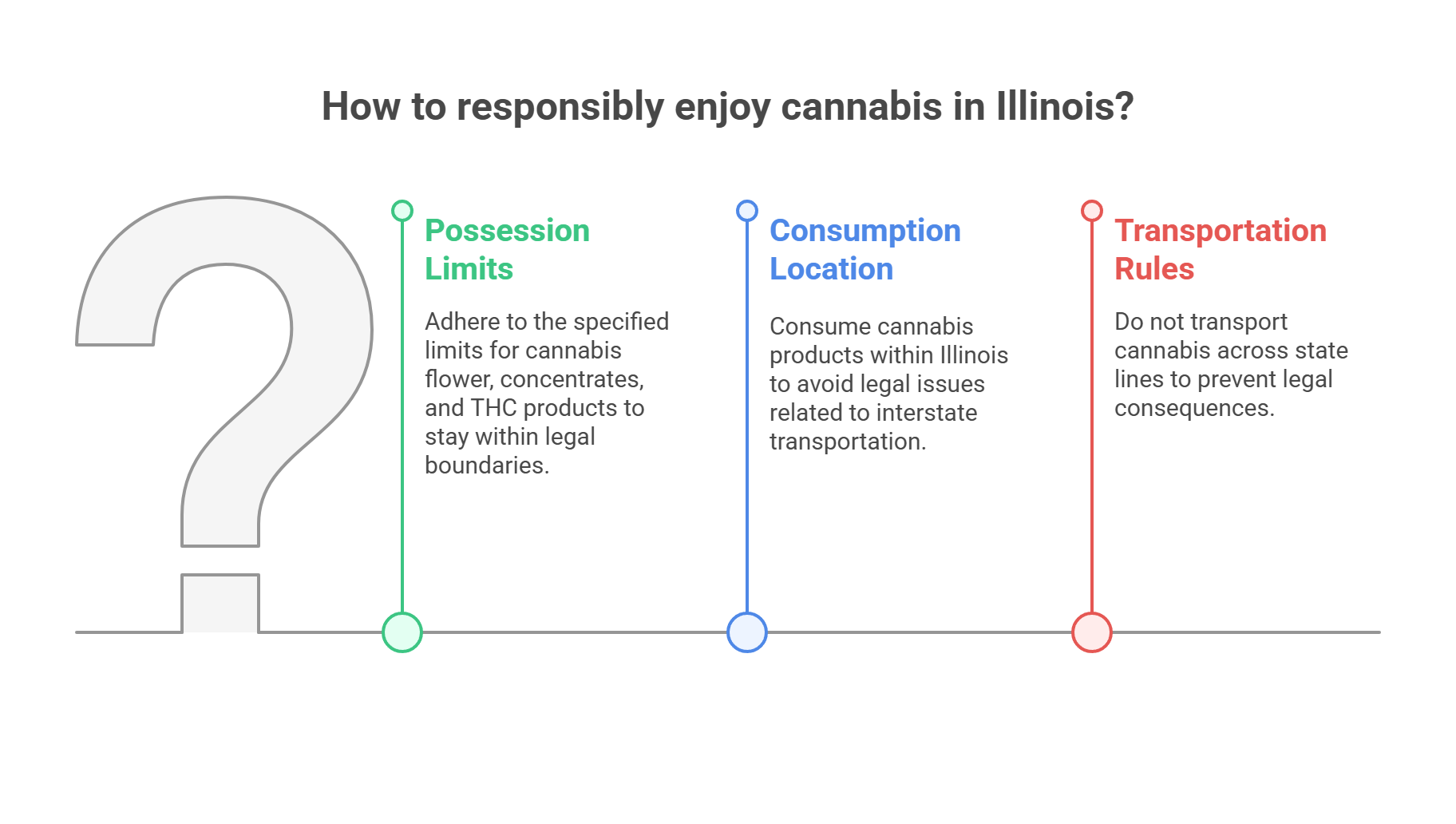
If you’re visiting Illinois, there are specific possession limits you need to keep in mind.
Non-residents can have:
-
Up to 15 grams of cannabis flower,
-
2.5 grams of cannabis concentrates,
-
250 milligrams of THC in cannabis-infused products.
These rules ensure that out-of-state visitors can enjoy the benefits of Illinois’ cannabis market responsibly.
That said, there are some important things to remember. Non-residents are not allowed to transport cannabis across state lines, as trying to take cannabis purchased in Illinois to another state is illegal and could lead to serious legal trouble.
To stay on the right side of the law, non-residents should consume their cannabis products while still in Illinois.
Where You Can Consume Cannabis
In Chicago, there are specific places where you can legally consume cannabis, but the options are limited.
Generally, you can only use cannabis on private property or in designated consumption lounges. Of course, if you’re on private property, you need the property owner’s or landlord’s permission to consume.
Public consumption is still off-limits to keep everyone safe and healthy. That means no smoking or using cannabis in public spaces like schools, correctional facilities, government buildings, parks, streets, or sidewalks.
It’s also illegal to consume cannabis near anyone under 21 who isn’t a registered medical marijuana patient.
When it comes to smoking cannabis, your best bet is private residences or those designated lounges. Keep in mind that hotels and rental places like Airbnb may have their own rules about cannabis use, so it’s always good to check ahead.
These regulations help strike a balance between enjoying legal cannabis and protecting public safety.
Responsible Use of Cannabis
Consuming cannabis responsibly is essential for your well-being and the safety of those around you. Since cannabis can affect cognitive function, reaction time, and heart rate, it’s best to start with a low dose and wait to feel the effects before using more.
To protect public health, avoid using cannabis in places where children or pets are present, and never drive under the influence. Being aware of your surroundings and sticking to the rules helps make cannabis use safe and enjoyable for everyone.
Responsible consumption also supports a positive image of the cannabis community and helps maintain public trust as laws continue to change.
Dispensary Regulations and Zoning Laws
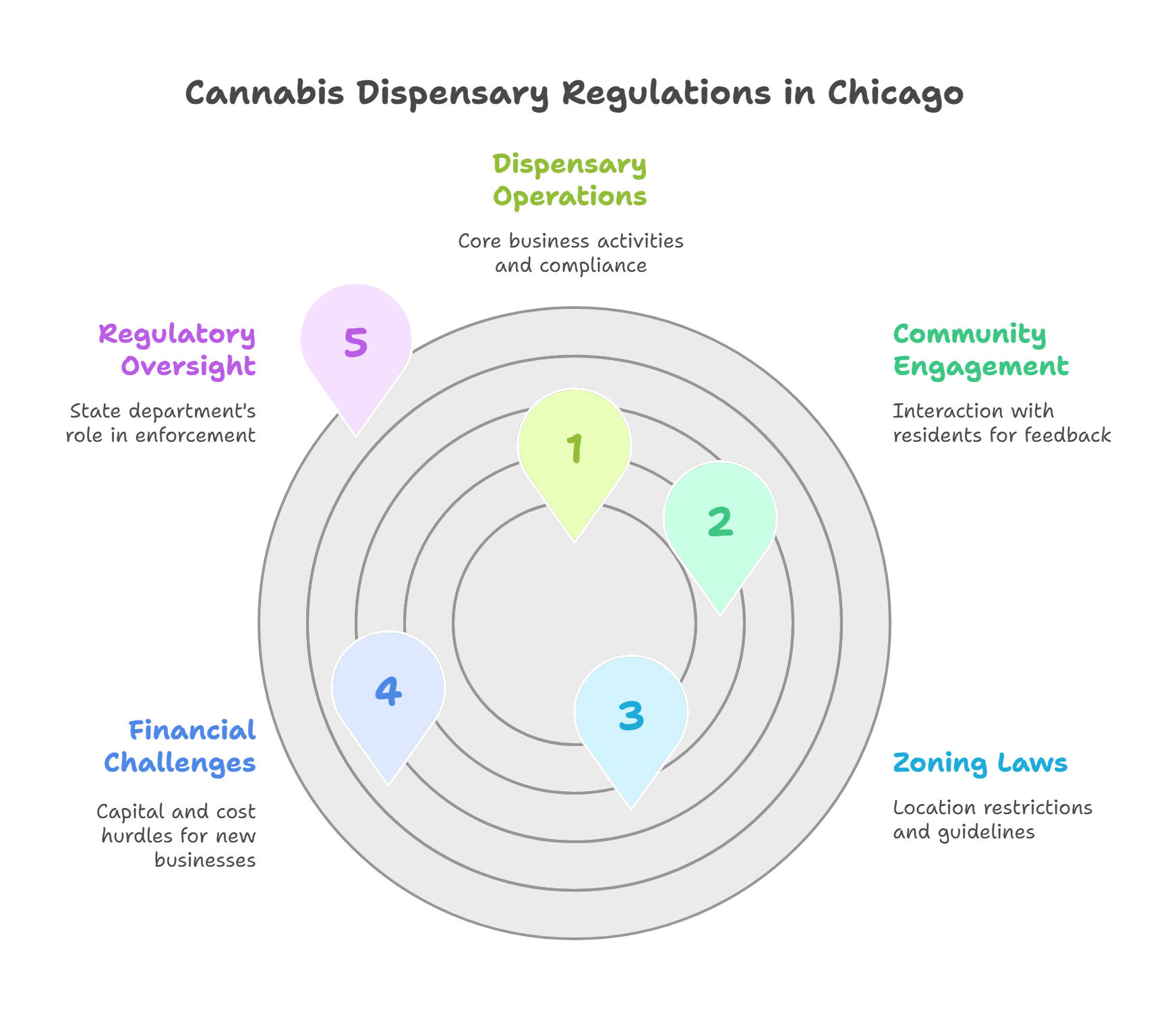
Behind the scenes of Chicago's cannabis market, the Illinois Department of Financial and Professional Regulation acts as both a referee and a rulebook.
They ensure dispensaries play by the rules, from security protocols to store hours. Messing up can mean penalties, or even losing their license to operate.
But before a new cannabis business even unlocks its doors, there's a key step to follow, that is, a community meeting. This isn't just a formality; it's a chance for residents to voice their concerns and ideas, helping to build a real partnership between the business and the neighborhood it calls home .
Interestingly, Chicago scrapped its dispensary lottery system in 2021, which was meant to streamline things for new businesses. Yet, even without that hurdle, newcomers face high costs and a maze of regulations.
Zoning laws also play a big role, dictating exactly where these dispensaries can set up shop, adding another layer to the process. Despite some progress in Illinois' cannabis industry, new licensees, especially social equity applicants, continue to face challenges such as over-regulation and insufficient capital .
Purchasing Cannabis Products in Chicago
Buying cannabis in Chicago is pretty straightforward when you stick to licensed dispensaries. These shops offer a wide variety of products, from classic cannabis flower to edibles, vapes, and concentrates.
Plus, you can easily browse their menus online to compare options and find what suits you best, whether you’re looking for something high in THC or more focused on CBD.
The key is to always buy from licensed dispensaries. These businesses are regulated by the state, which means the products you get have been tested for quality, potency, and safety.
So, whether you’re new to cannabis or a regular user, Chicago’s dispensaries offer a reliable and legal way to access everything you need with confidence.
Home Cultivation Laws
Home cultivation of cannabis is permitted only for registered medical marijuana patients aged 21 and older. These individuals can grow up to five plants at home, provided the plants are kept in a locked area and are not visible from public spaces. This regulation aims to ascertain that home-grown cannabis is secure and inaccessible to minors.
Recreational users, on the other hand, are not allowed to grow recreational cannabis at home. Violating this law can lead to penalties, emphasizing the need for recreational users to rely on licensed dispensaries for their cannabis supply.
Employment and Workplace Policies
Employers in Illinois have the right to enforce drug-free workplace policies, including zero-tolerance policies for cannabis. This means they can require employees to undergo drug testing as part of their employment conditions, provided the policies are reasonable and non-discriminatory.
Employees, however, are protected from adverse actions for using lawful products during non-working hours. Therefore, employers must apply their drug policies fairly and without discrimination.
If an employee’s job performance is impaired due to cannabis use, employers are within their rights to take appropriate action.
Public Health Considerations
Public health is front and center as Chicago’s cannabis industry grows. The city council, local law enforcement, and the Illinois Department of Public Health work hand in hand to make sure cannabis businesses operate safely and responsibly.
From product safety to advertising rules, these agencies keep a close eye to protect both consumers and the community at large.
That said, cannabis does come with some health risks, including the potential for addiction and effects on mental health, especially for those with a history of mental health issues. Staying informed about these risks and practicing safe consumption can go a long way in minimizing harm.
Thanks to ongoing collaboration between public health officials, law enforcement, and the cannabis industry, Chicago continues to set the standard for responsible cannabis regulation and community well-being.
Economic Impact of the Cannabis Industry
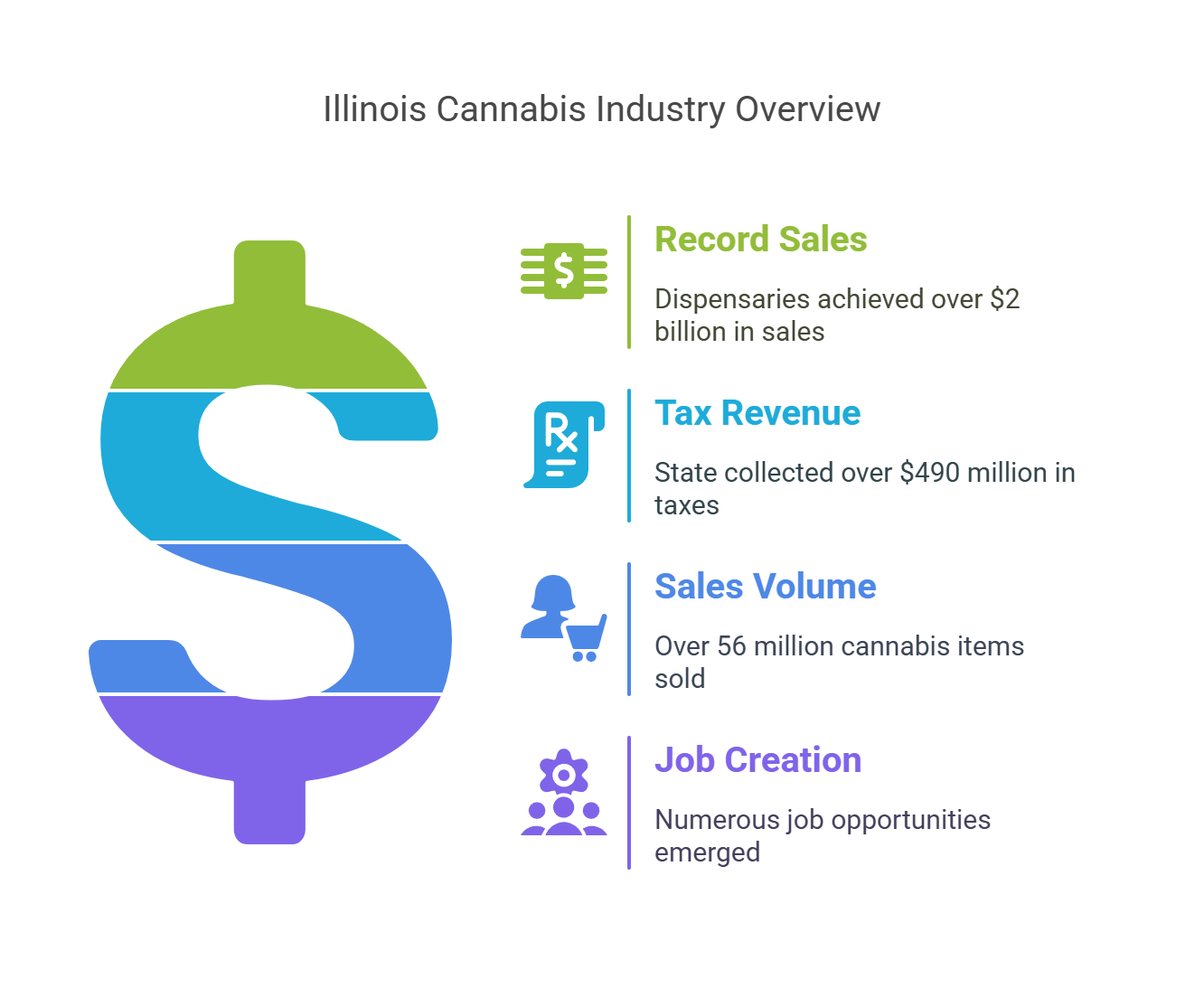
The economic impact of Illinois’ cannabis industry has been impressive. In 2024, dispensaries hit record sales, surpassing $2 billion, with adult-use cannabis alone generating $1.722 billion. The state also collected over $490 million in tax revenue from these sales, underscoring the sector’s growing financial contribution.
Additionally, more than 56 million cannabis items were sold in 2024, marking a significant jump from the previous year. This booming market not only boosts the state’s economy but also creates countless job opportunities.
As the cannabis market continues to expand, it promises even greater economic benefits ahead, highlighting the powerful influence cannabis now holds in Illinois.
Social Equity and Expungement Programs
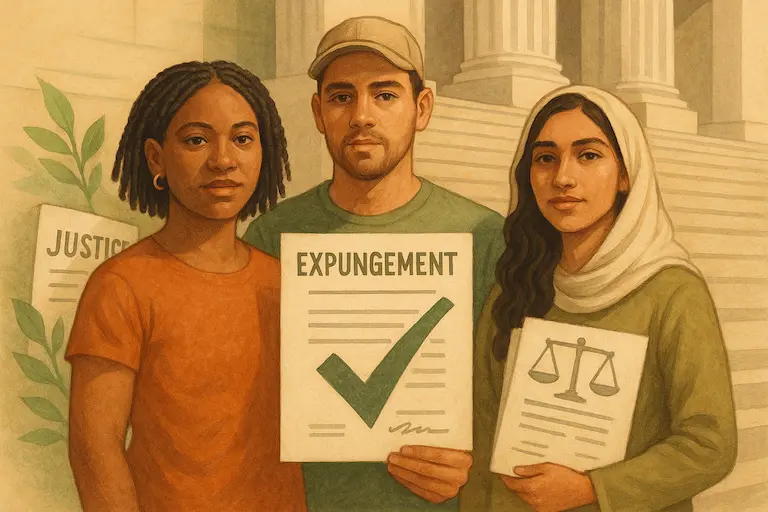
Illinois is making real strides in righting the wrongs of past cannabis convictions through its thoughtful social equity and expungement programs.
Central to this effort is a structured expungement process that categorizes individuals into three distinct groups based on the nature and severity of their offenses, each with specific rules for clearing records.
The first group includes individuals with minor cannabis offenses, such as possession of 30 grams or less or related low-level charges committed before the legalization of cannabis.
Many in this group qualify for automatic expungement, meaning their records can be cleared without requiring them to file petitions or take legal action.
This group benefits from streamlined relief designed to quickly remove barriers to employment, housing, and other opportunities.
The second group covers misdemeanor and Class 4 felony convictions that are more serious than those in the first group but still fall under the category of cannabis offenses. Individuals in this group must file a petition with the court to seek expungement.
The court evaluates these petitions by considering factors such as the nature of the offense, the person’s age at conviction, and any adverse consequences of retaining the record. This ensures a fair and individualized review process.
The last group pertains to offenses that do not qualify for automatic expungement or straightforward petition-based relief, often involving more severe charges or complicating factors such as violence or distribution near schools.
For these cases, expungement may still be possible but typically requires a pardon from the governor or other legal remedies, making the process more complex.
These programs are a vital part of promoting social equity, providing second chances, and helping to repair the harm caused by decades of cannabis prohibition.
Federal Law Complications
Even though cannabis is legal in Illinois, it’s still classified as a Schedule I substance under federal law. This creates a tricky situation for cannabis businesses, which have to navigate conflicting rules from the state and federal governments.
Because there’s no overarching federal legislation like the STATES Act in place, states can’t fully regulate their cannabis markets without risking federal interference.
Moreover, bills like the SAFE Banking Act and the SAFER Banking Act are making progress by aiming to protect banks that work with state-legal cannabis businesses from penalties.
These legislative efforts are key to solving the ongoing challenges the cannabis industry faces and paving the way for smoother operations in the future.
Banking and Payment Challenges
Cannabis businesses in Illinois face major hurdles because of federal banking rules. Since cannabis remains illegal under the Controlled Substances Act, many banks avoid working with dispensaries to steer clear of legal trouble.
This forces dispensaries to rely heavily on cash, which brings its own set of problems. Handling large amounts of cash means dispensaries need armored vehicles and armed guards to transport money safely.
On top of that, most major credit card companies won’t process payments for cannabis sales, limiting how customers can pay.
These challenges clearly show why banking reform is essential to support the growth and safety of Illinois’ cannabis industry.
Enforcement and Compliance
Local law enforcement in Chicago plays a key role in making sure cannabis businesses follow the rules while cracking down on illegal activity. The clash between state and federal laws creates legal uncertainty for businesses operating legally under Illinois law, causing challenges in areas like taxation and interstate commerce.
Despite these hurdles, city officials and law enforcement continue to enforce cannabis regulations and support legal cannabis use. Their ongoing efforts are important to keeping Chicago’s cannabis market balanced, safe, and compliant.
Future Outlook and Emerging Issues
The future of the cannabis market in Illinois looks bright, with expectations for continued growth and major contributions to the state's economy through job creation and tax revenue. Ongoing discussions around federal legalization could lead to changes that would further boost the market.
Improvements in banking regulations are also expected, which could help standardize operations and reduce the reliance on cash transactions . Social equity initiatives will remain essential for addressing past disparities and ensuring fair access to the legal cannabis market.
With new laws and regulations on the horizon, the future looks exciting for the industry and everyone involved.
Summary
The legalization of cannabis in Chicago has brought significant changes, ranging from possession limits and consumption rules to economic growth and social equity programs.
Both Illinois residents and visitors must understand and follow these regulations to enjoy the benefits of cannabis responsibly.
As the industry continues to expand, there are exciting opportunities for further reforms and improvements. By staying informed and compliant, individuals and businesses can fully engage with and benefit from the ever growing market.
If you’re interested in exploring the cannabis industry or simply want to stay up to date, now is the time to learn and be part of this move.
Frequently Asked Questions
What is the legal limit of cannabis-infused products that adults can possess in Illinois?
In Illinois, adults can possess a maximum of 500 milligrams of THC in cannabis-infused products. This regulation ensures responsible usage while maintaining legal boundaries.
Can non-residents take cannabis bought in Illinois back to their home state?
Non-residents cannot legally transport cannabis bought in Illinois back to their home state, as it is illegal to cross state lines with cannabis.
Where can I legally consume cannabis in Chicago?
You can legally consume cannabis in Chicago on private property or in authorized consumption lounges, as it is prohibited in public spaces.
What are the possession limits for Illinois residents?
Illinois residents may possess up to 30 grams of cannabis flower, 5 grams of cannabis concentrate, and 500 milligrams of THC in cannabis-infused products.
What are the challenges faced by cannabis businesses in banking?
Cannabis businesses encounter substantial obstacles in banking primarily due to federal regulations, which necessitate cash operations and expose them to heightened security risks. This situation complicates financial management and increases vulnerabilities.
